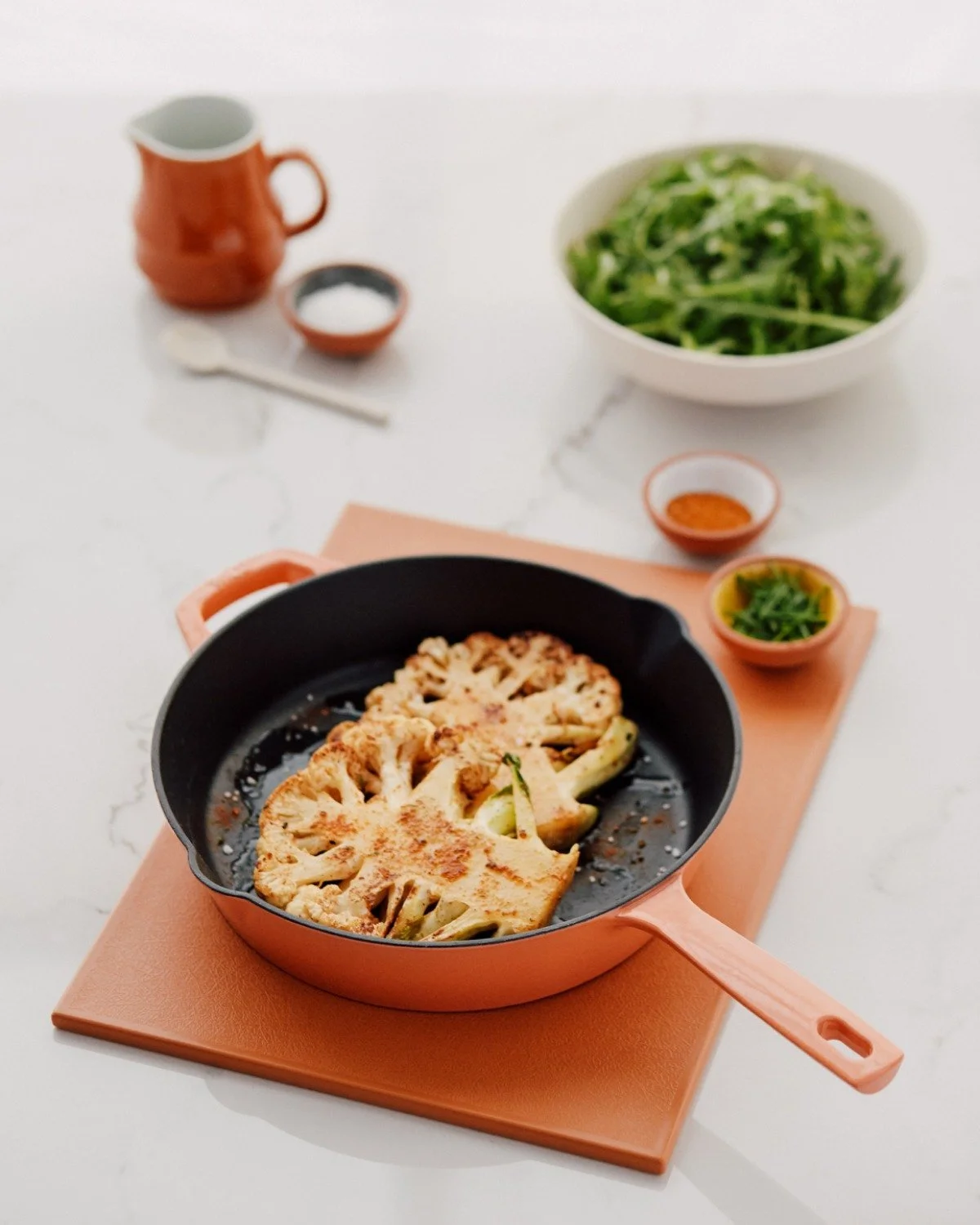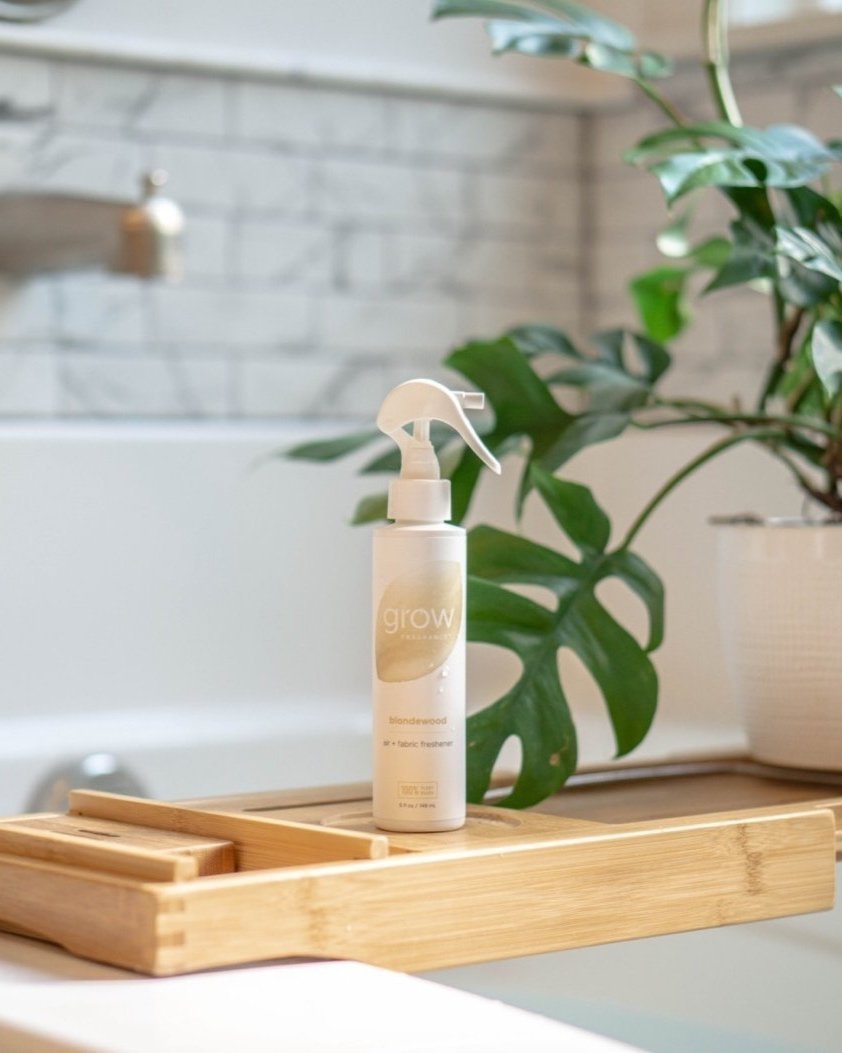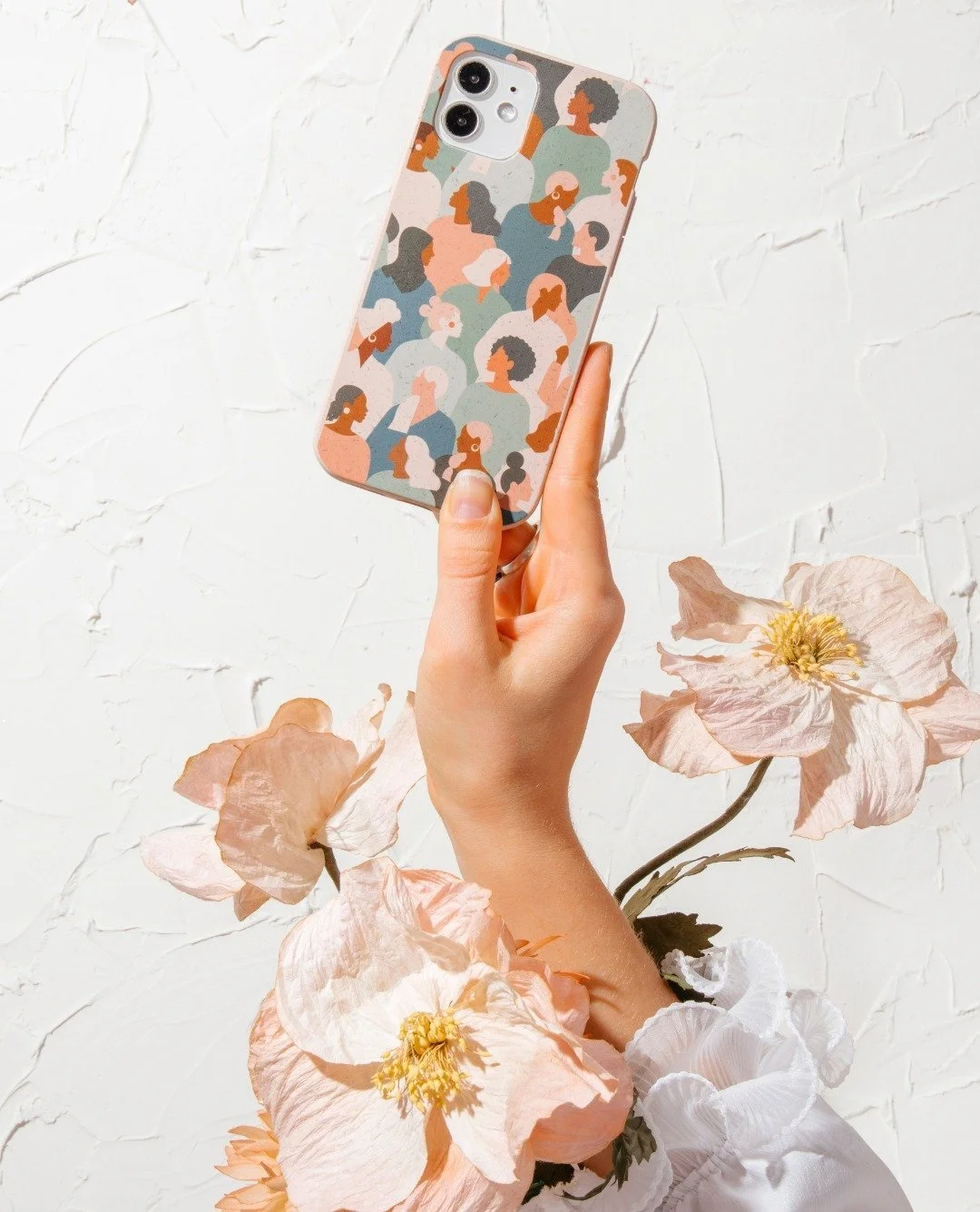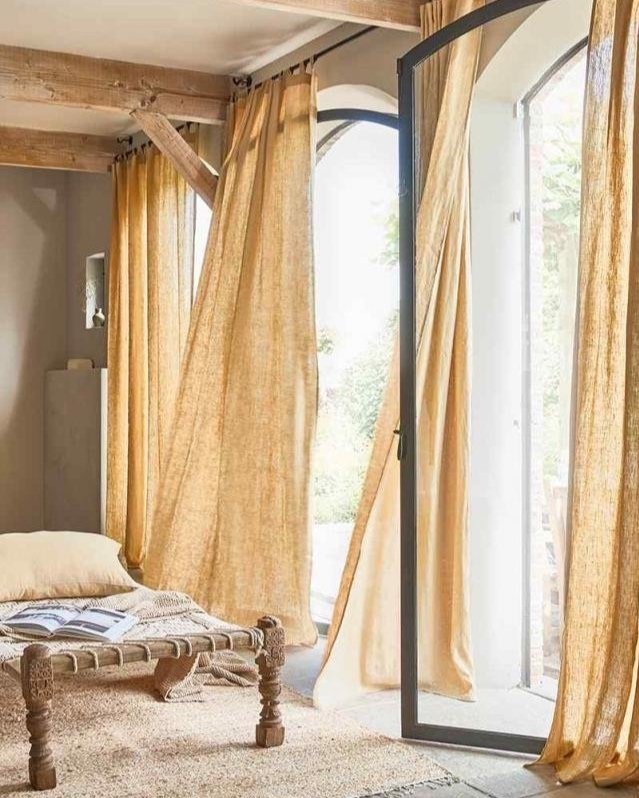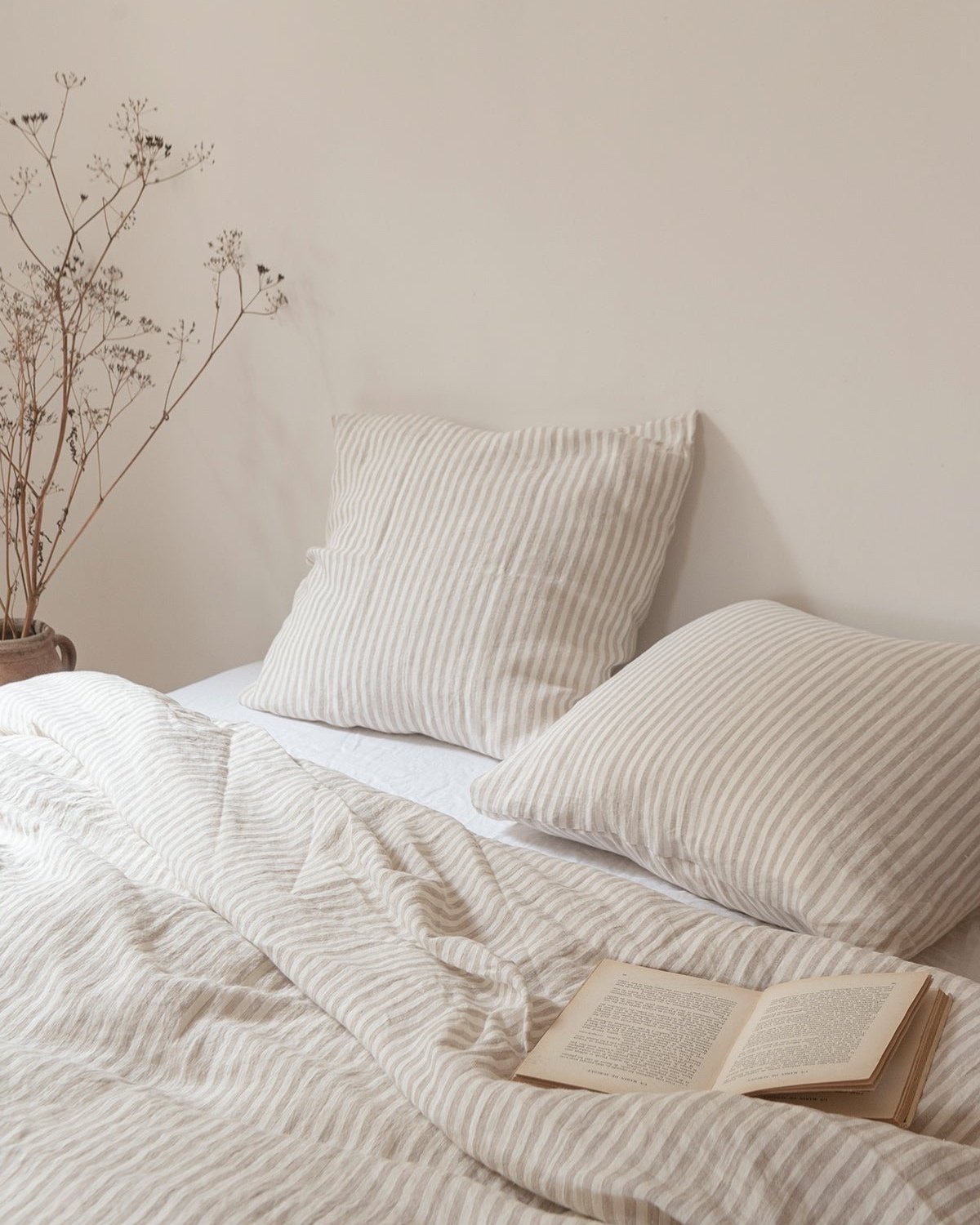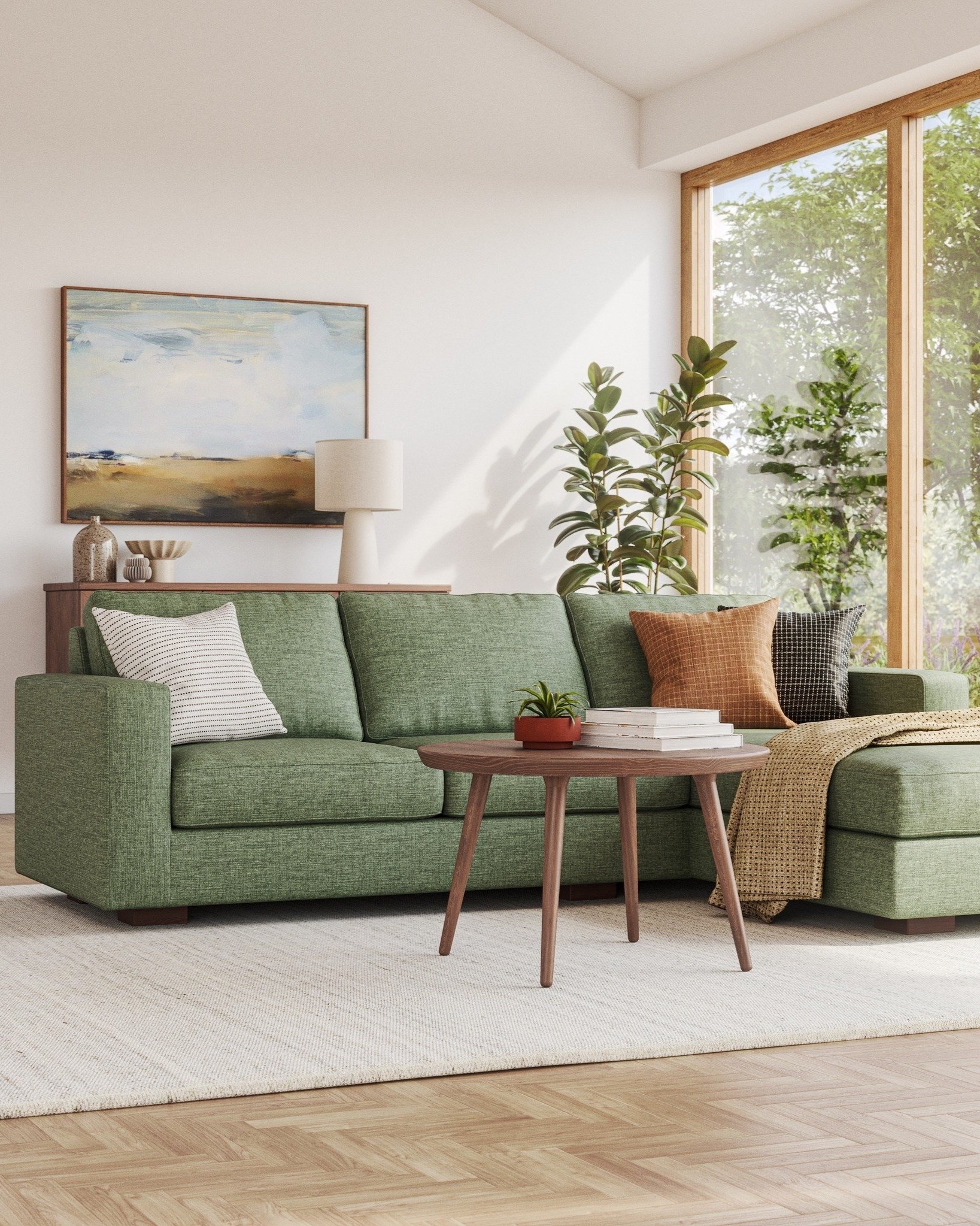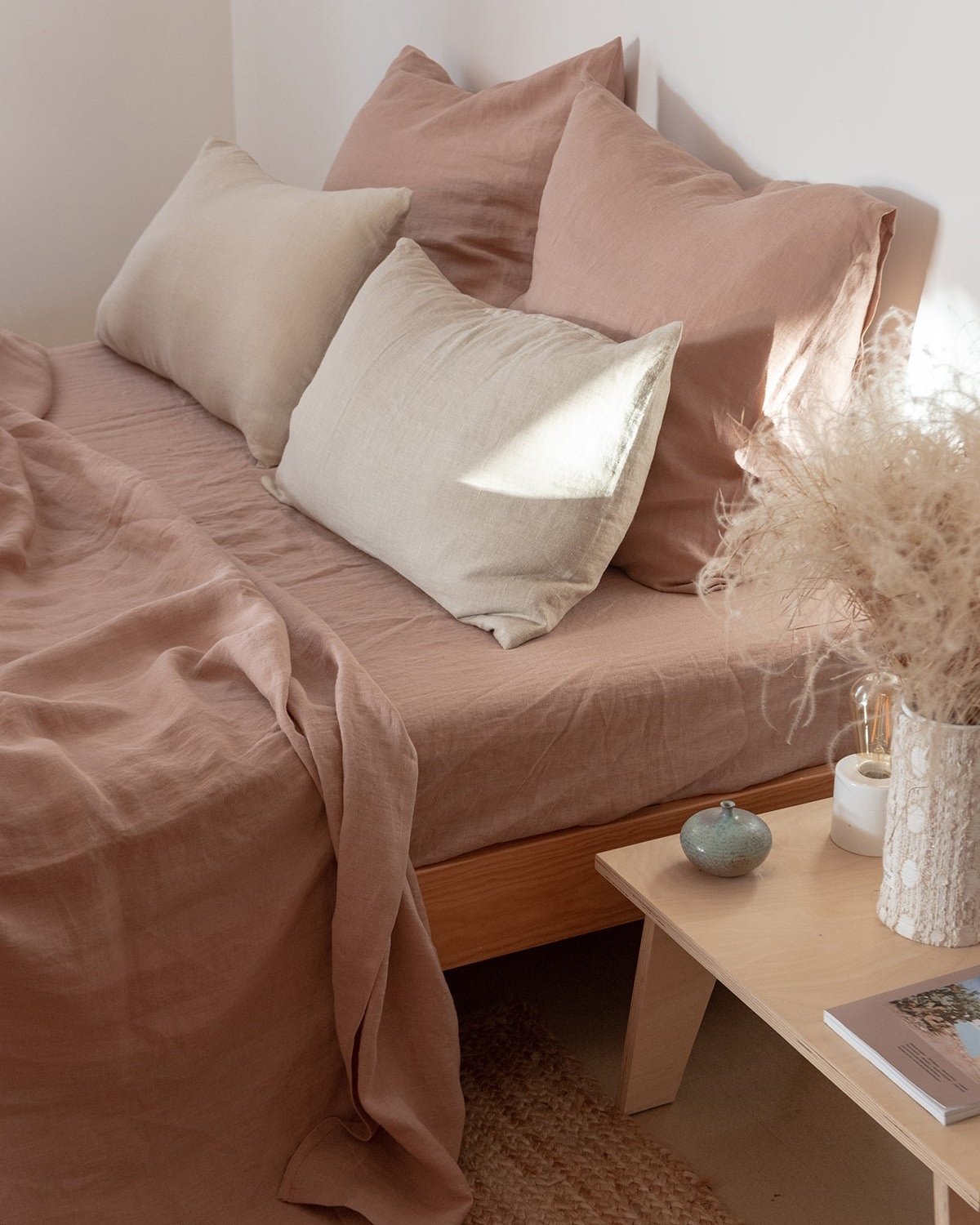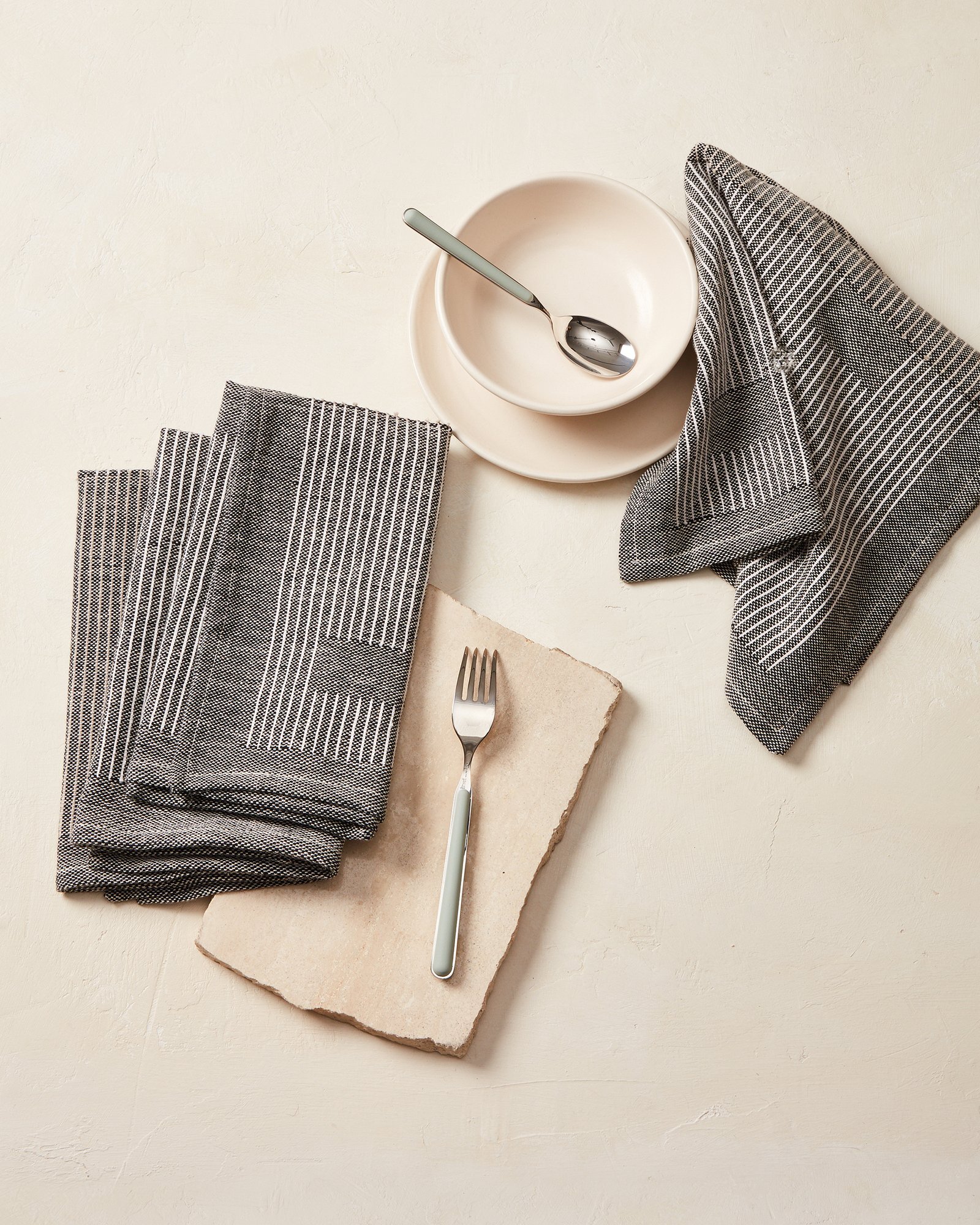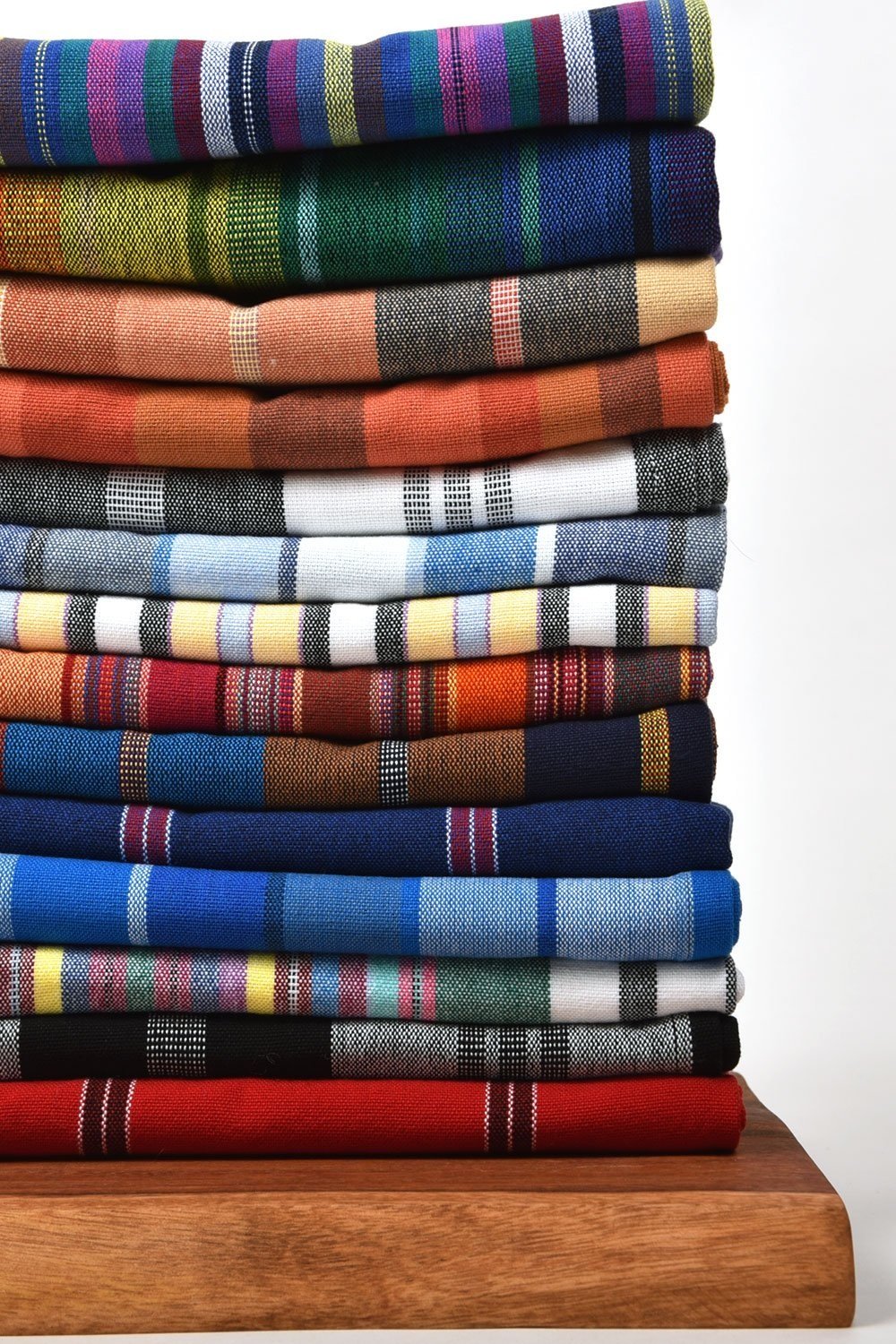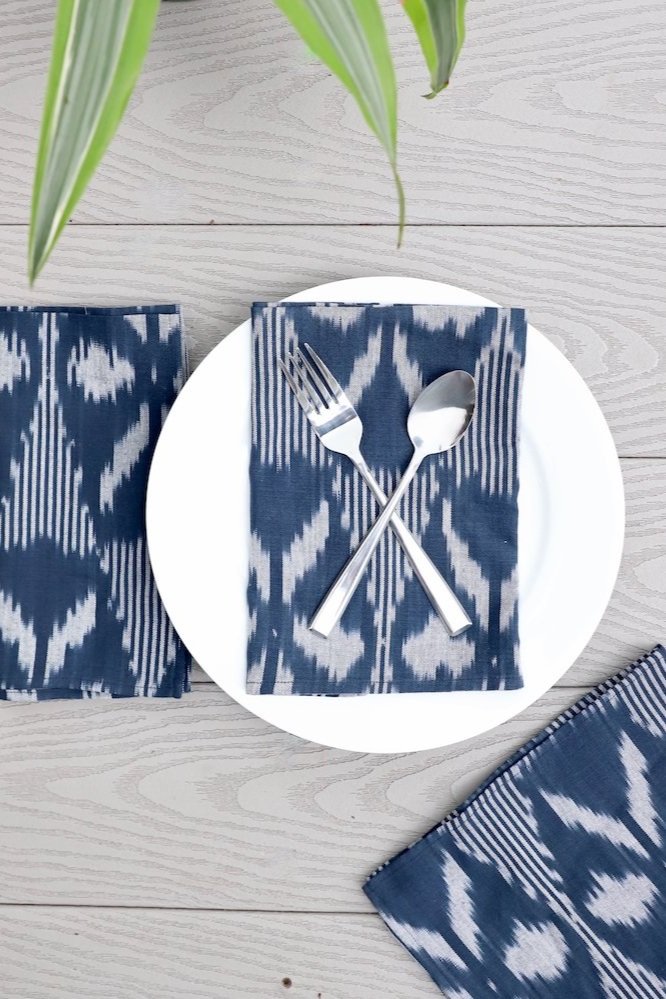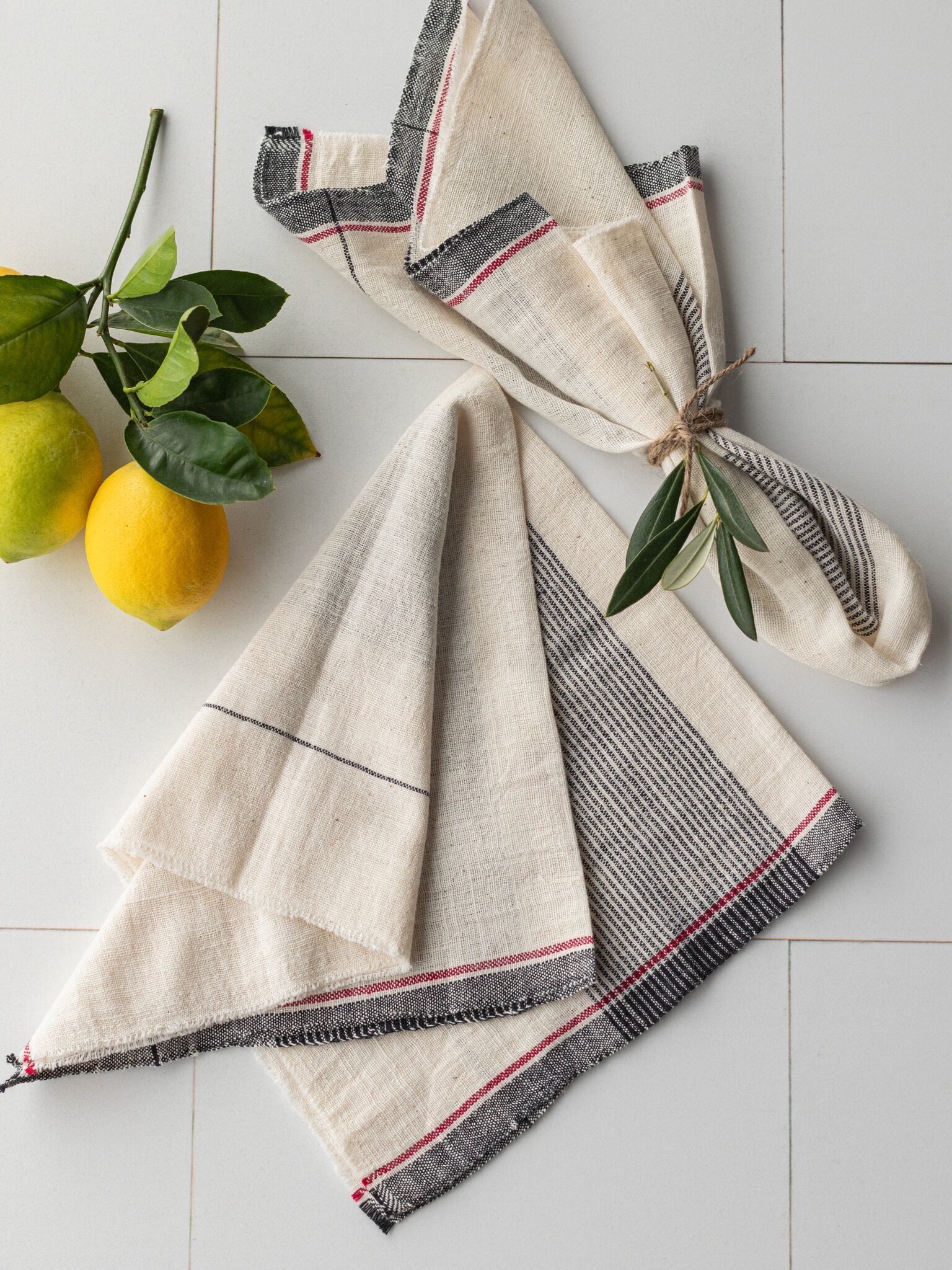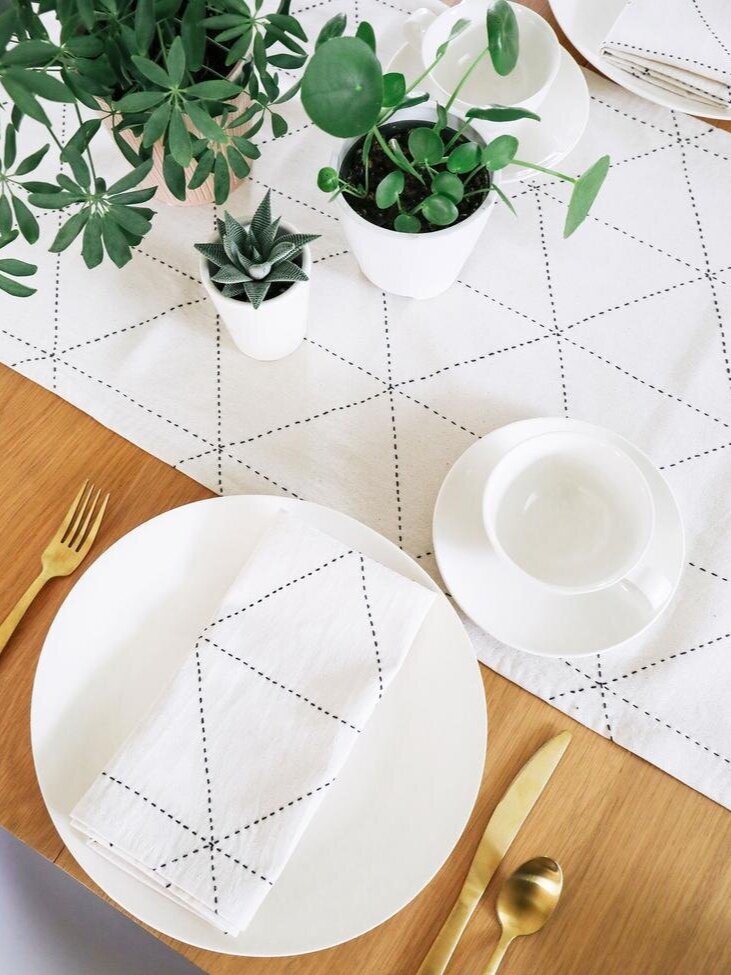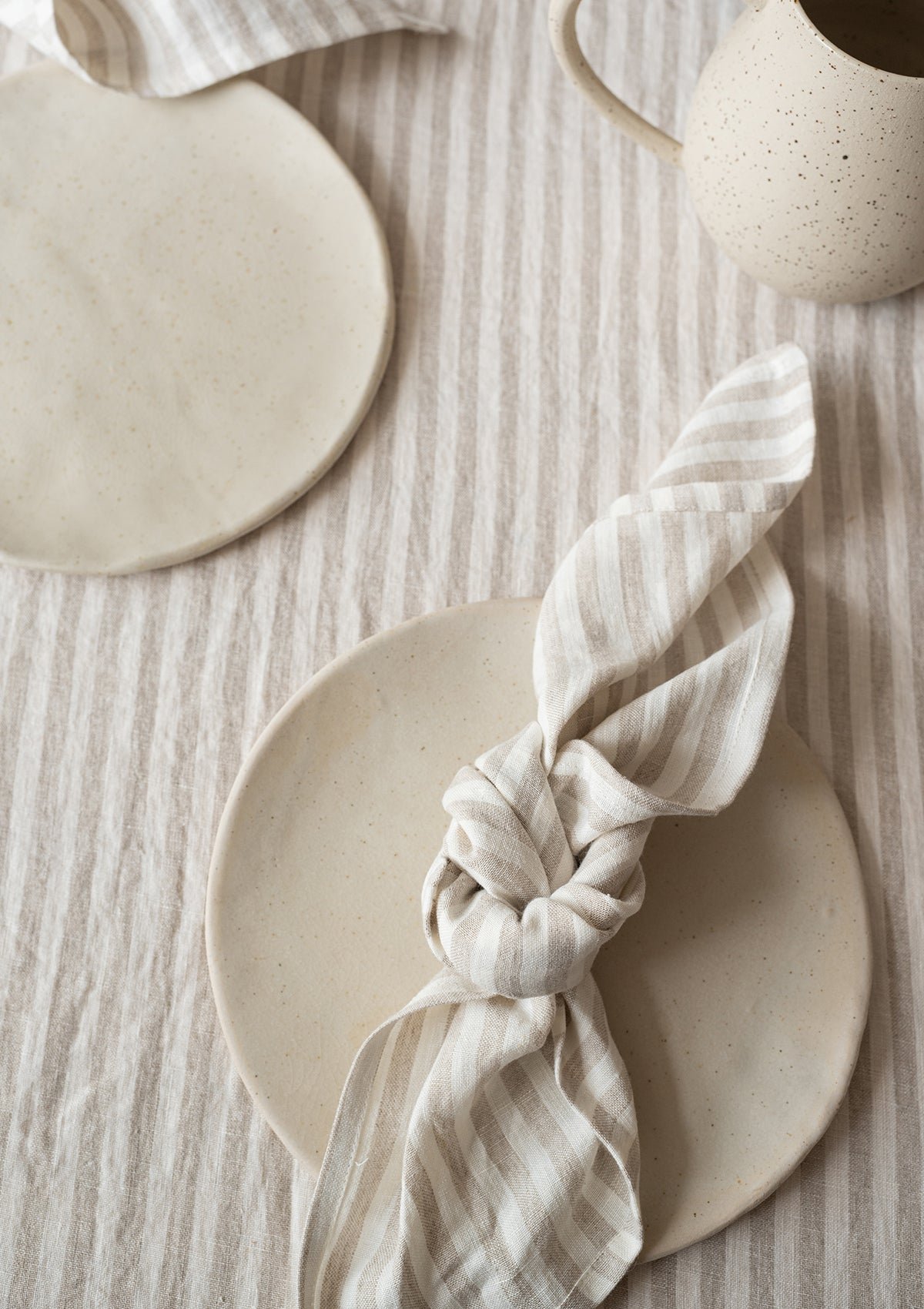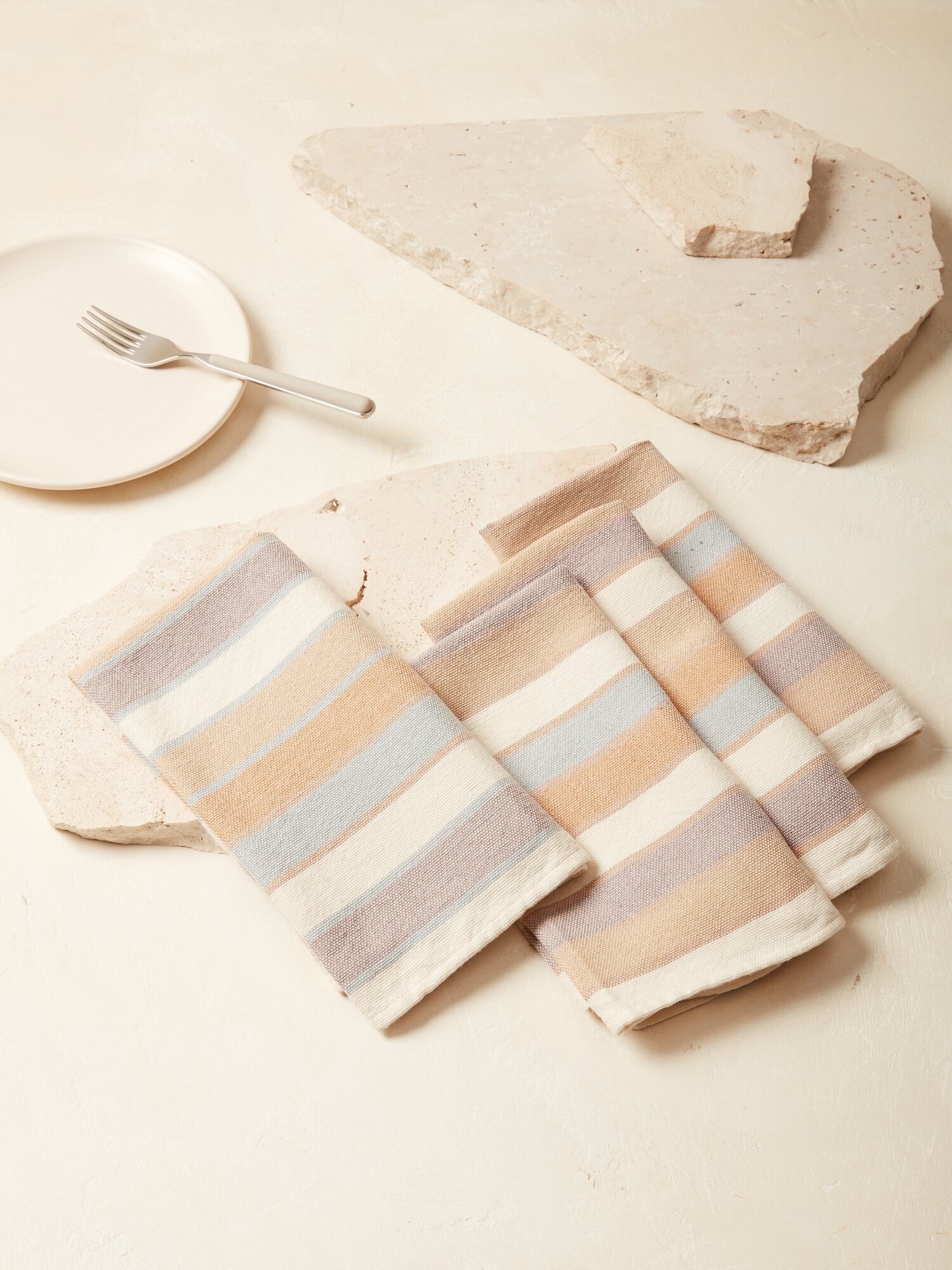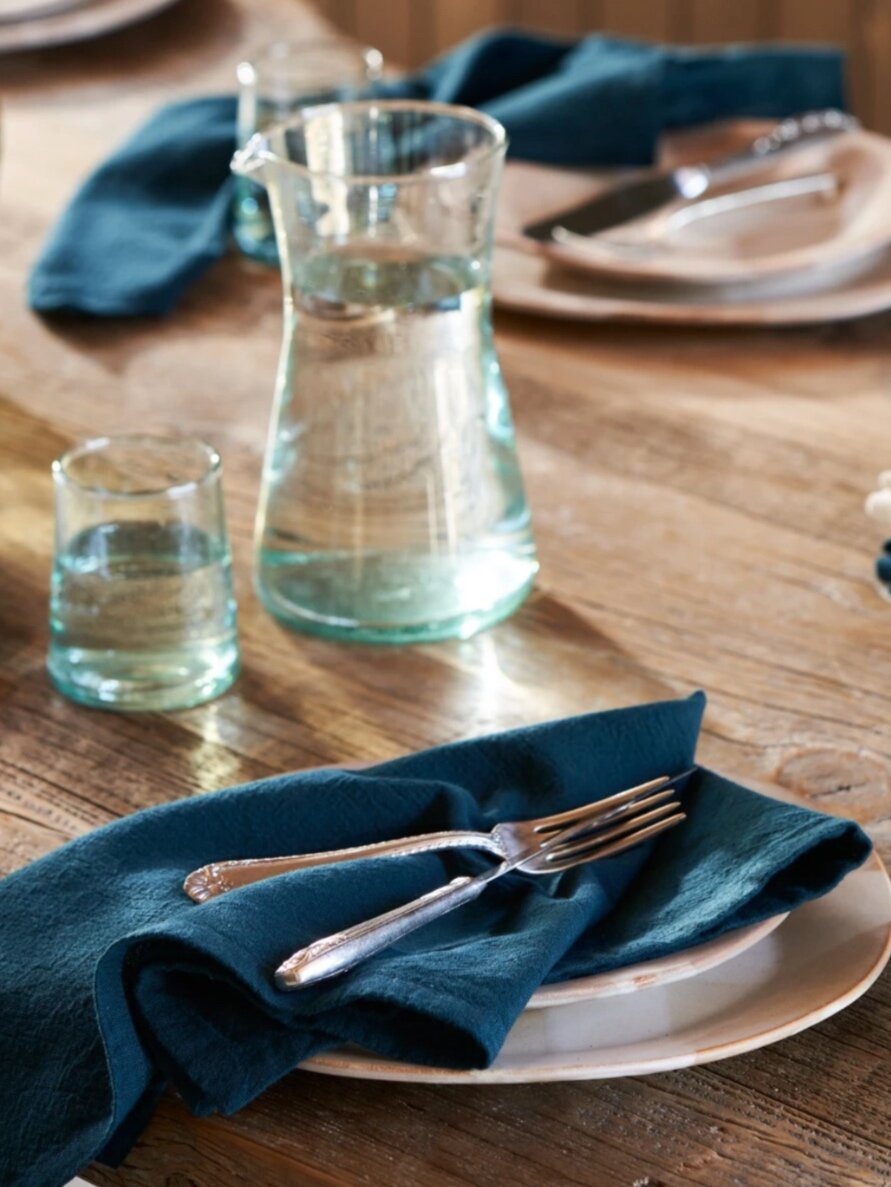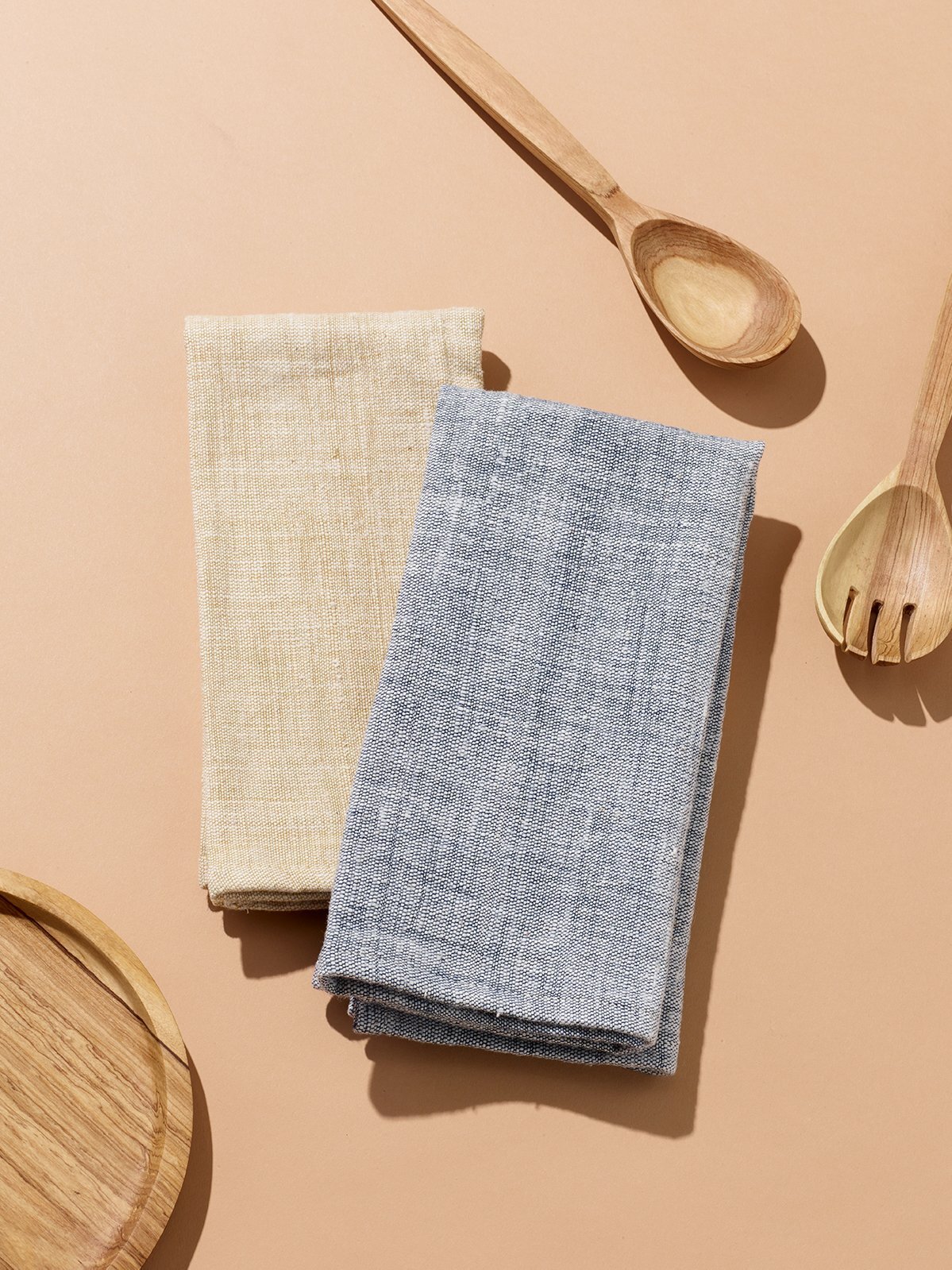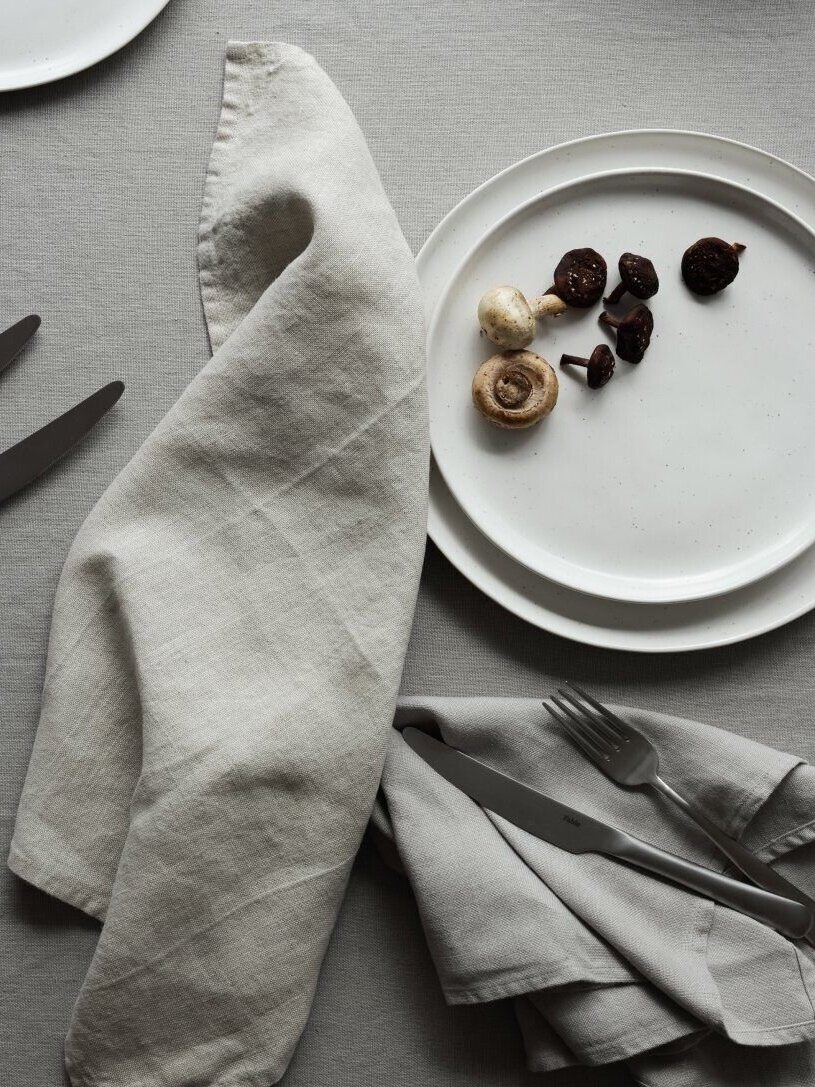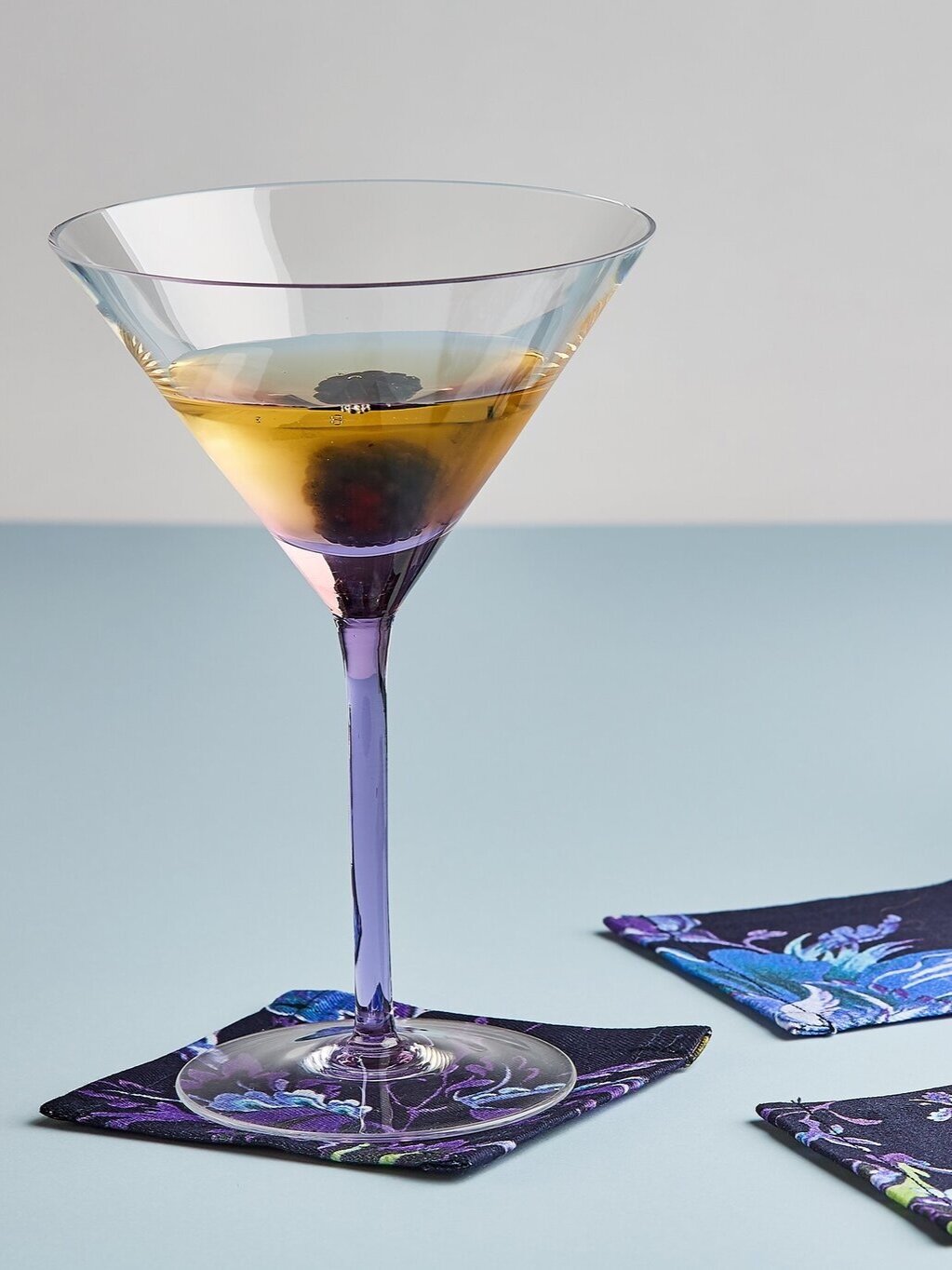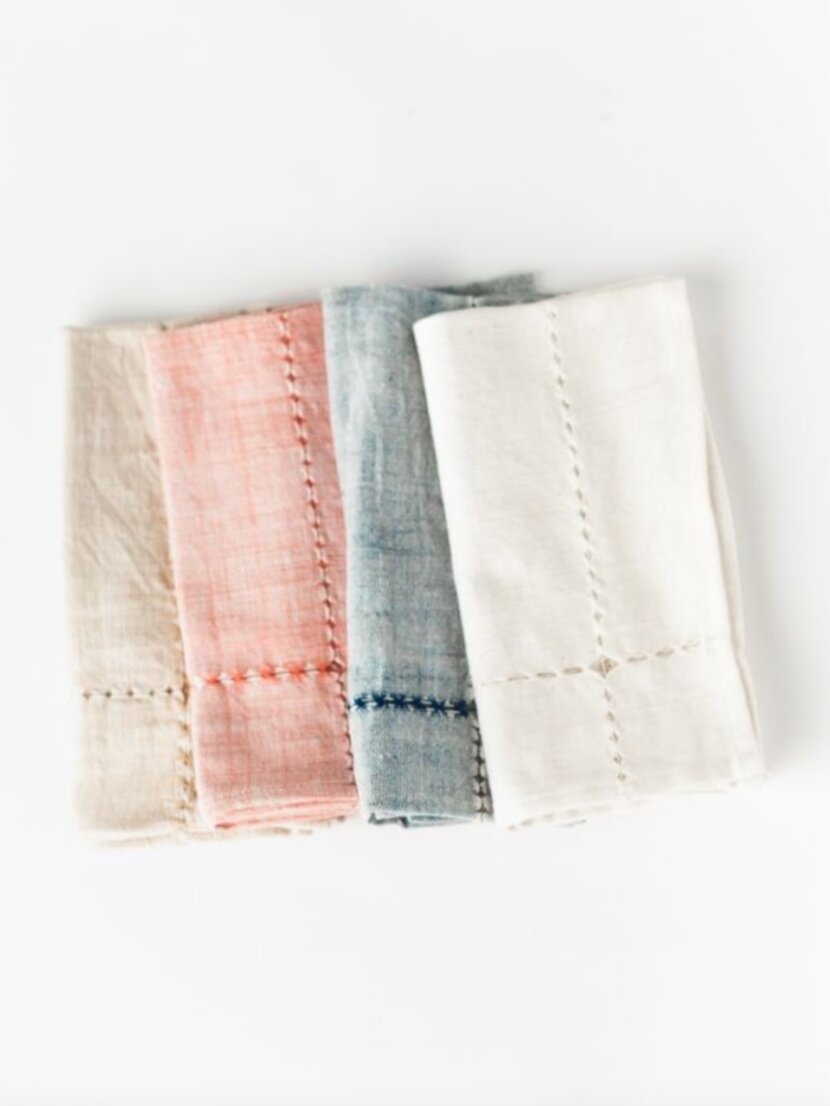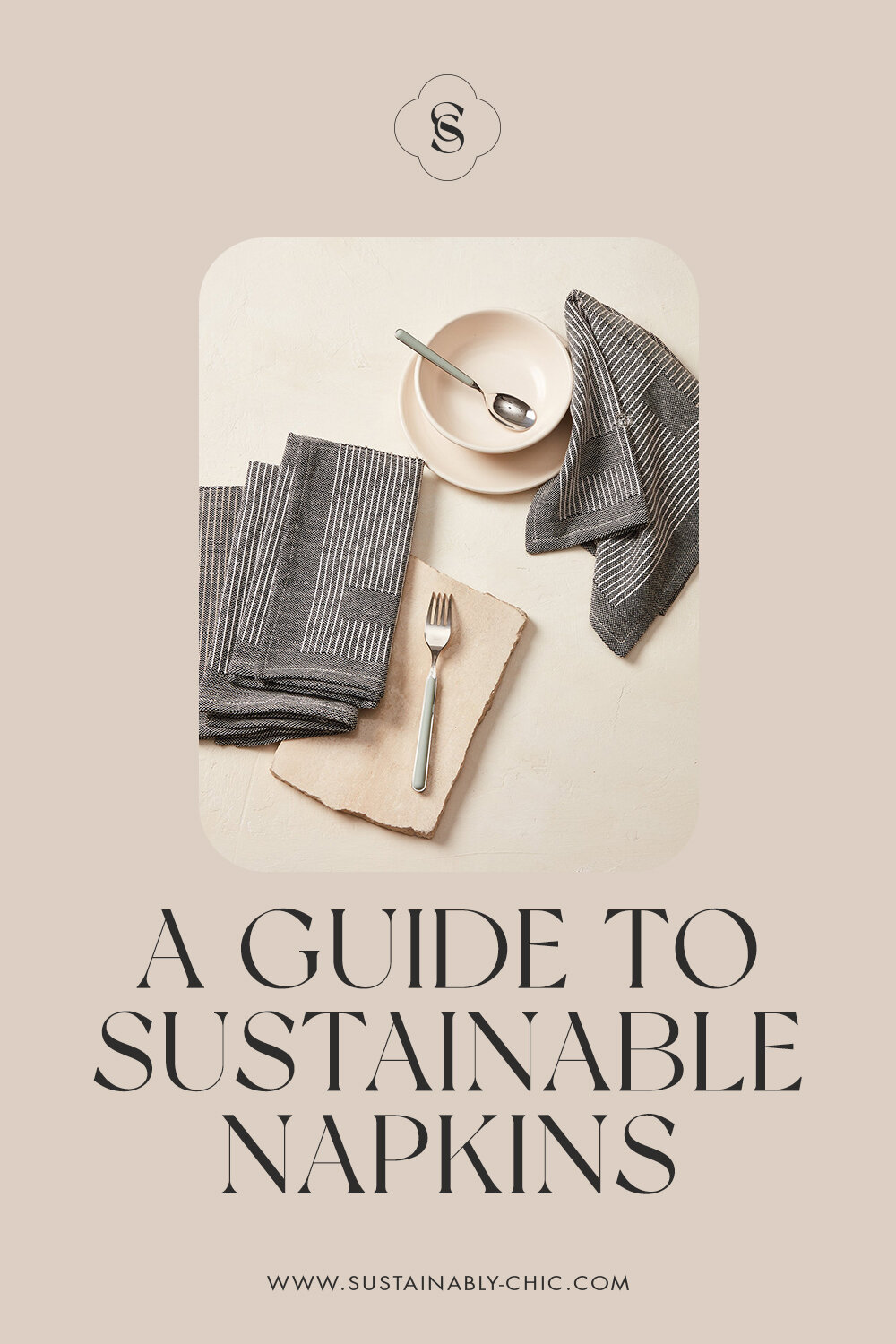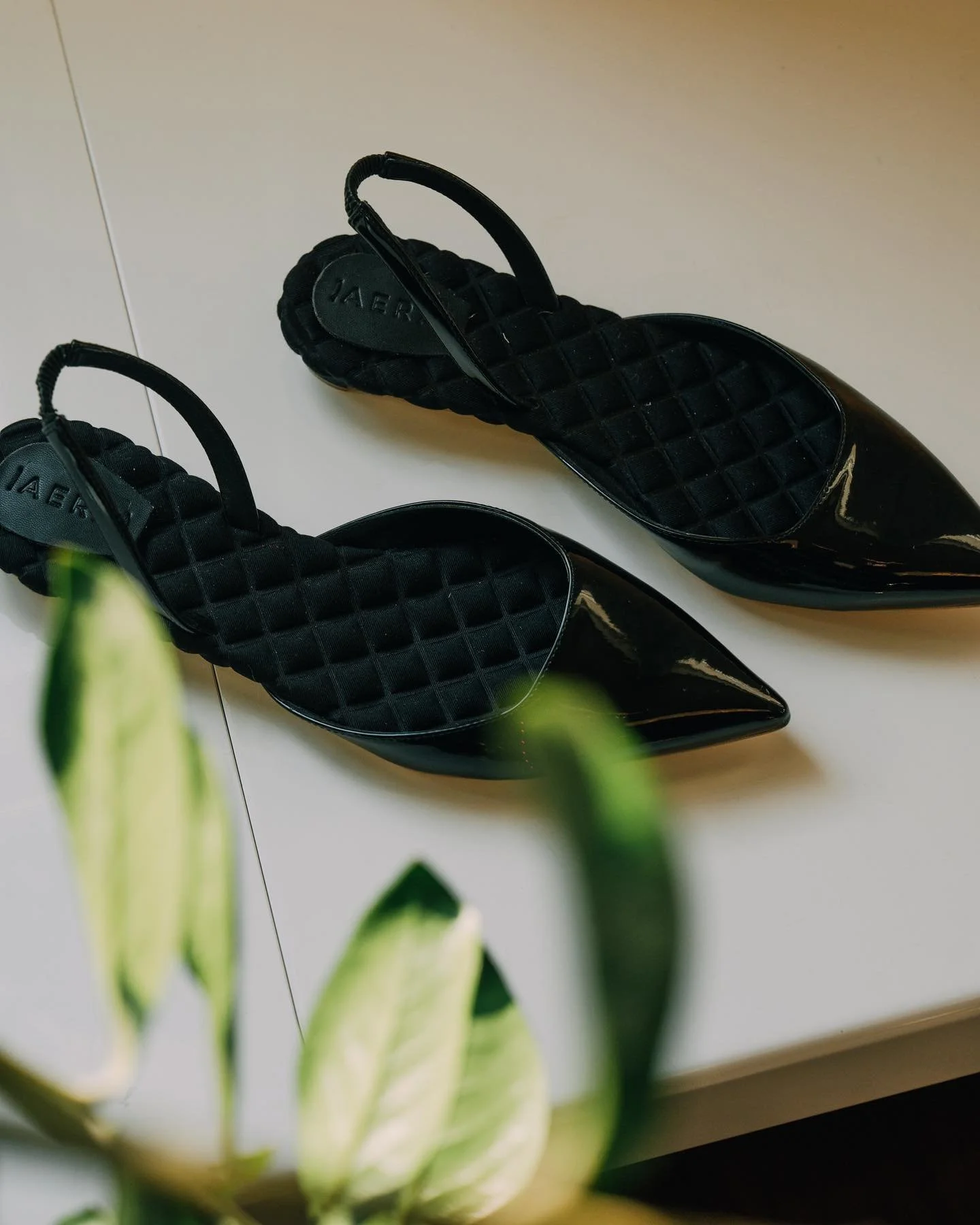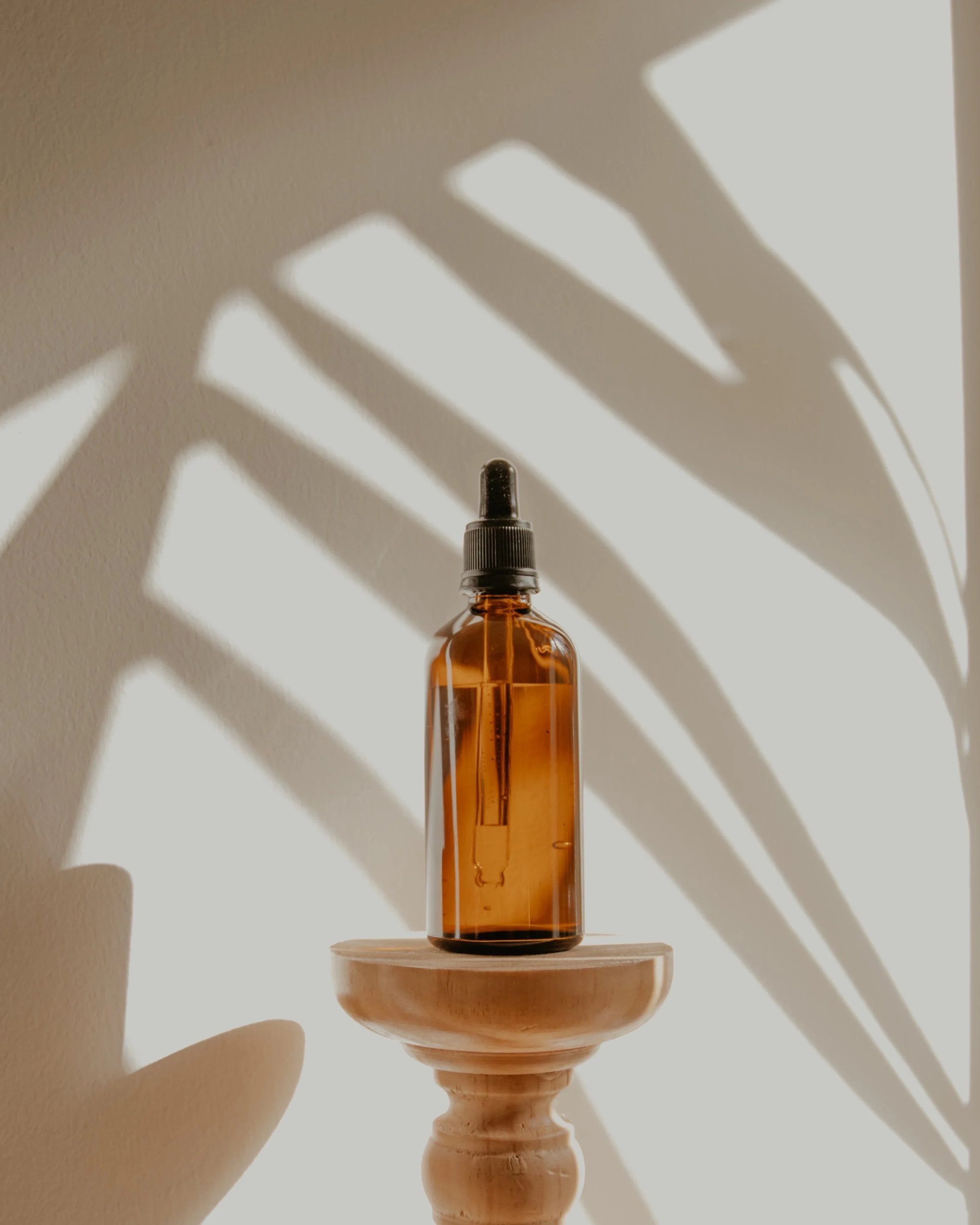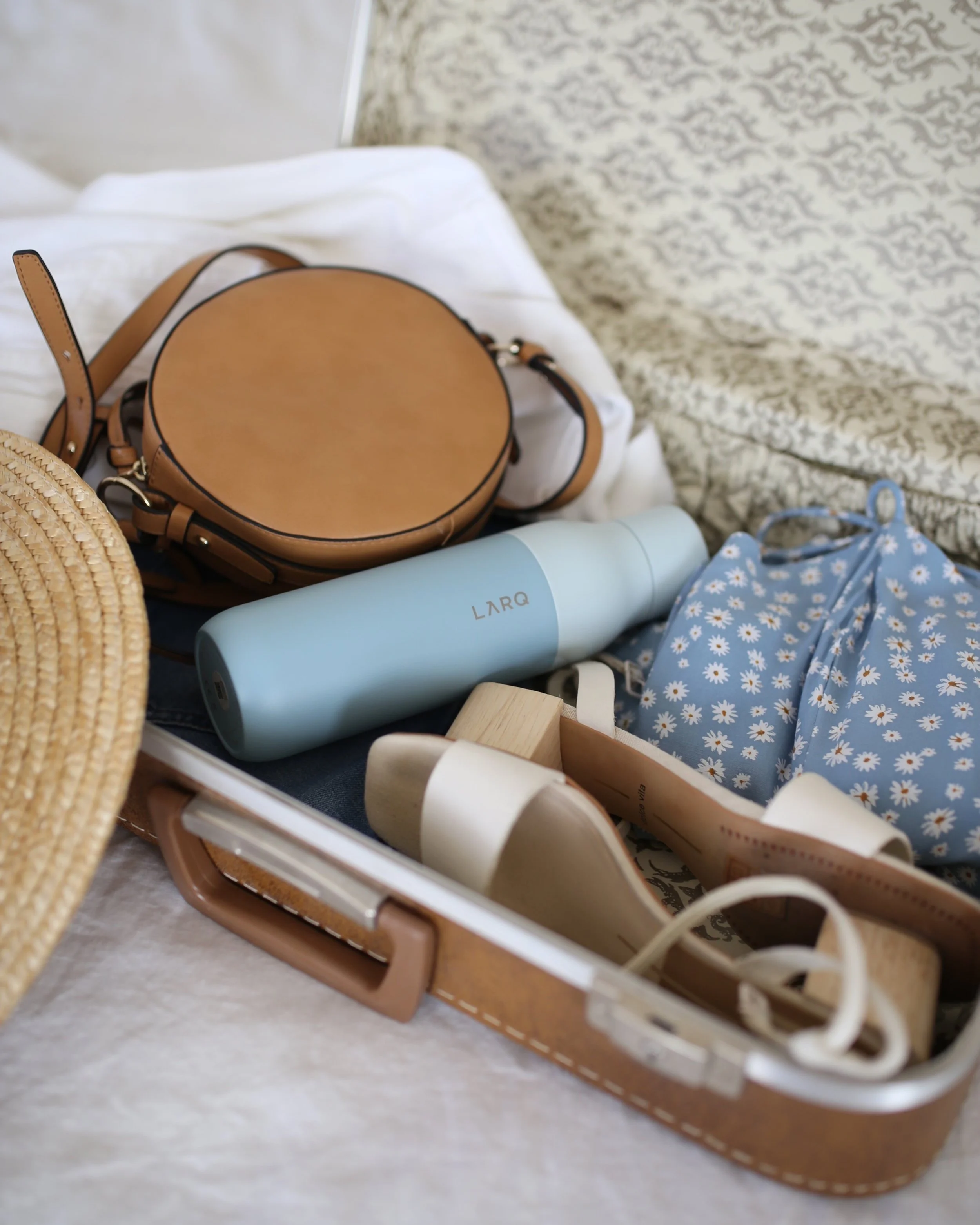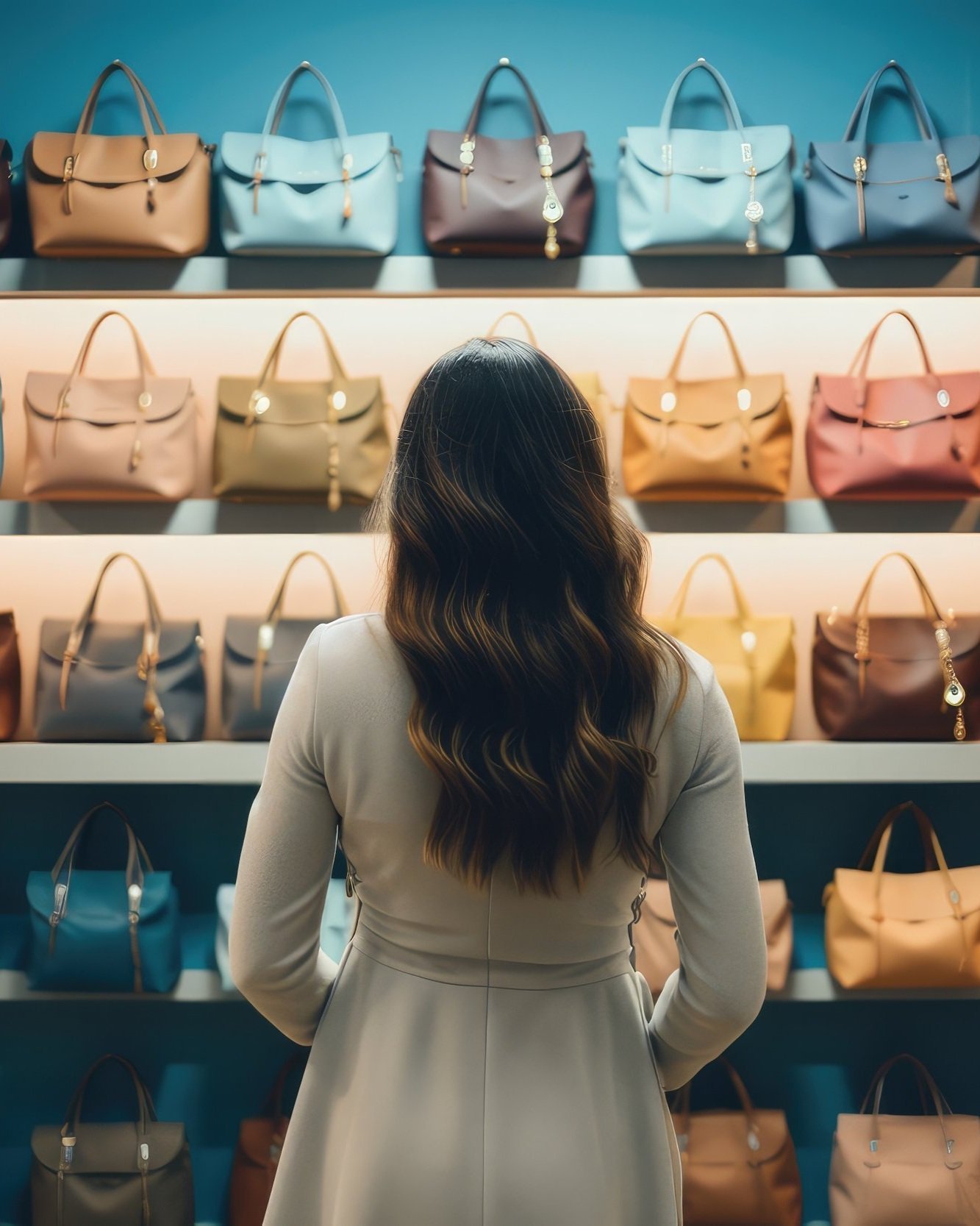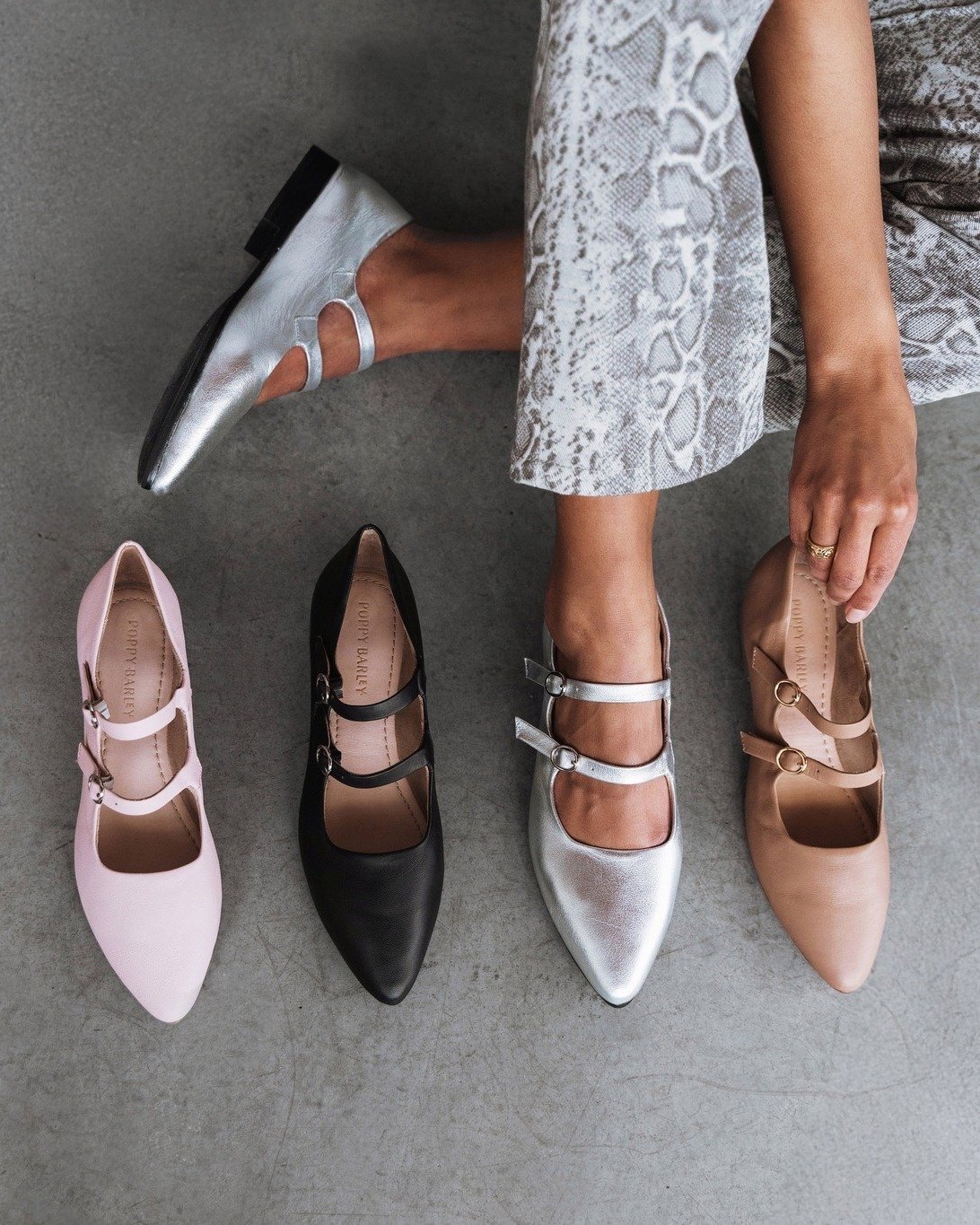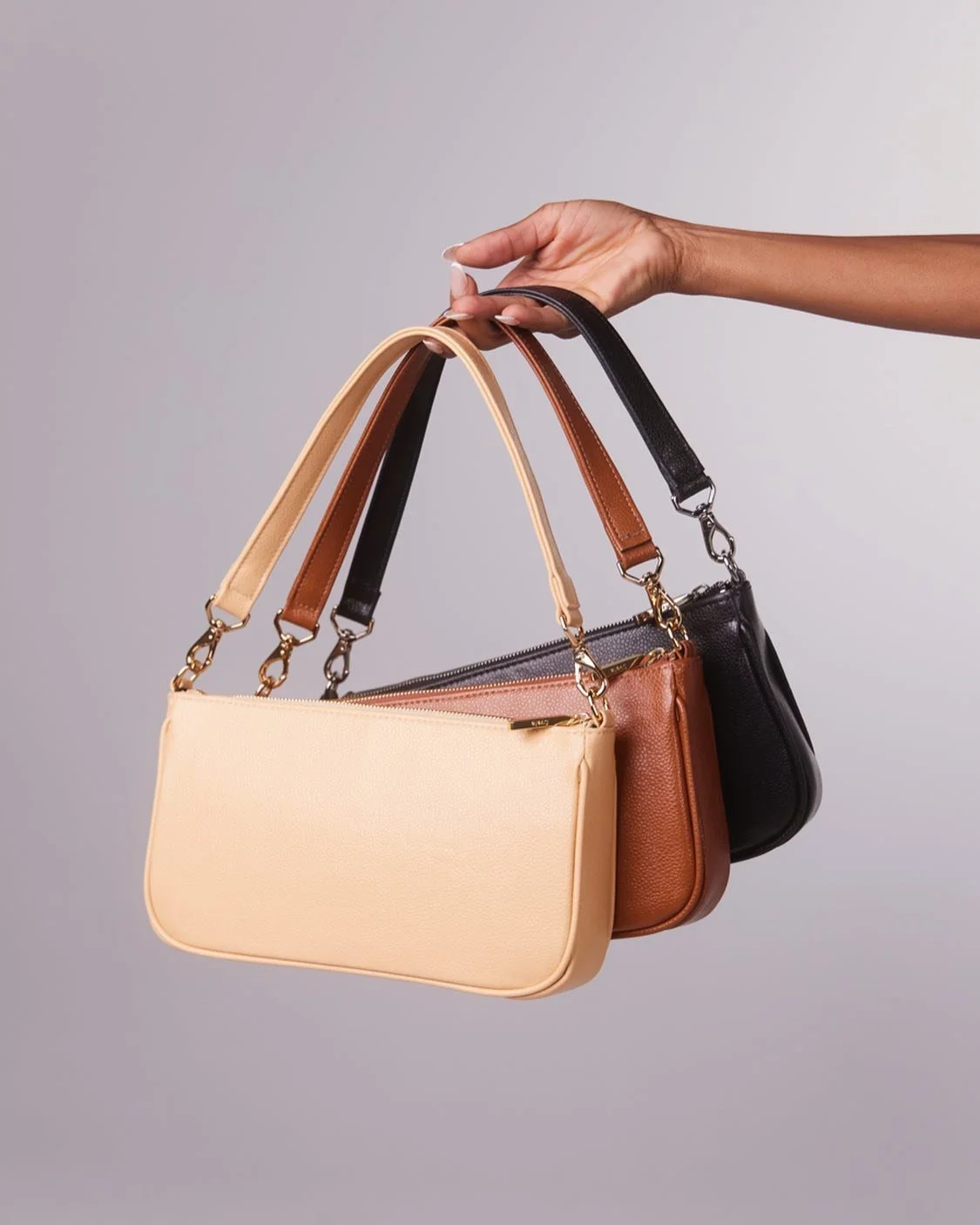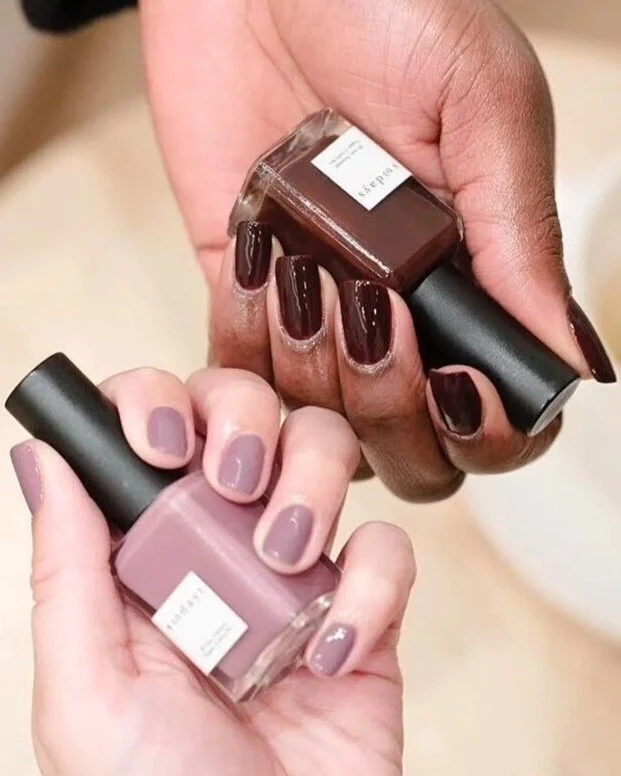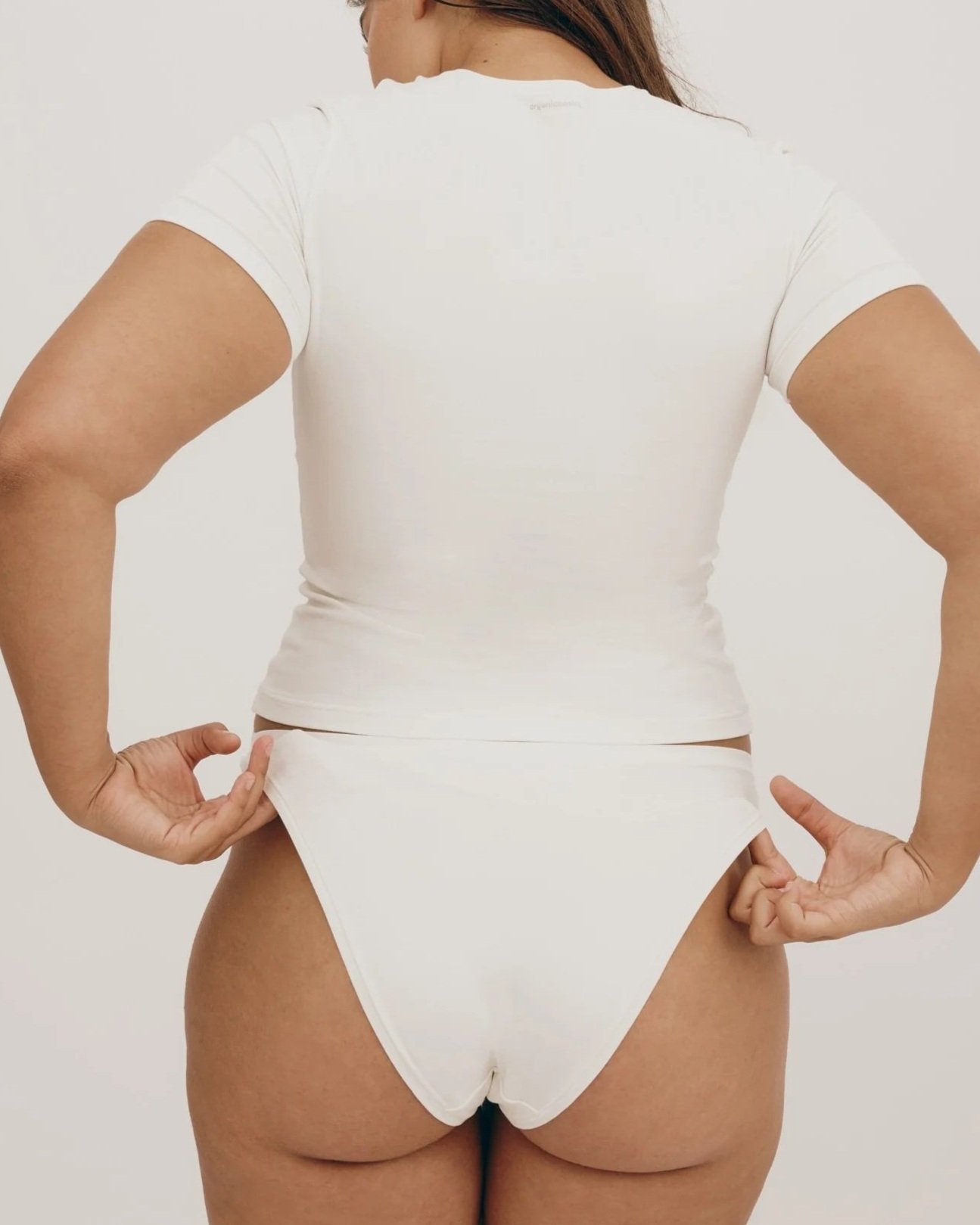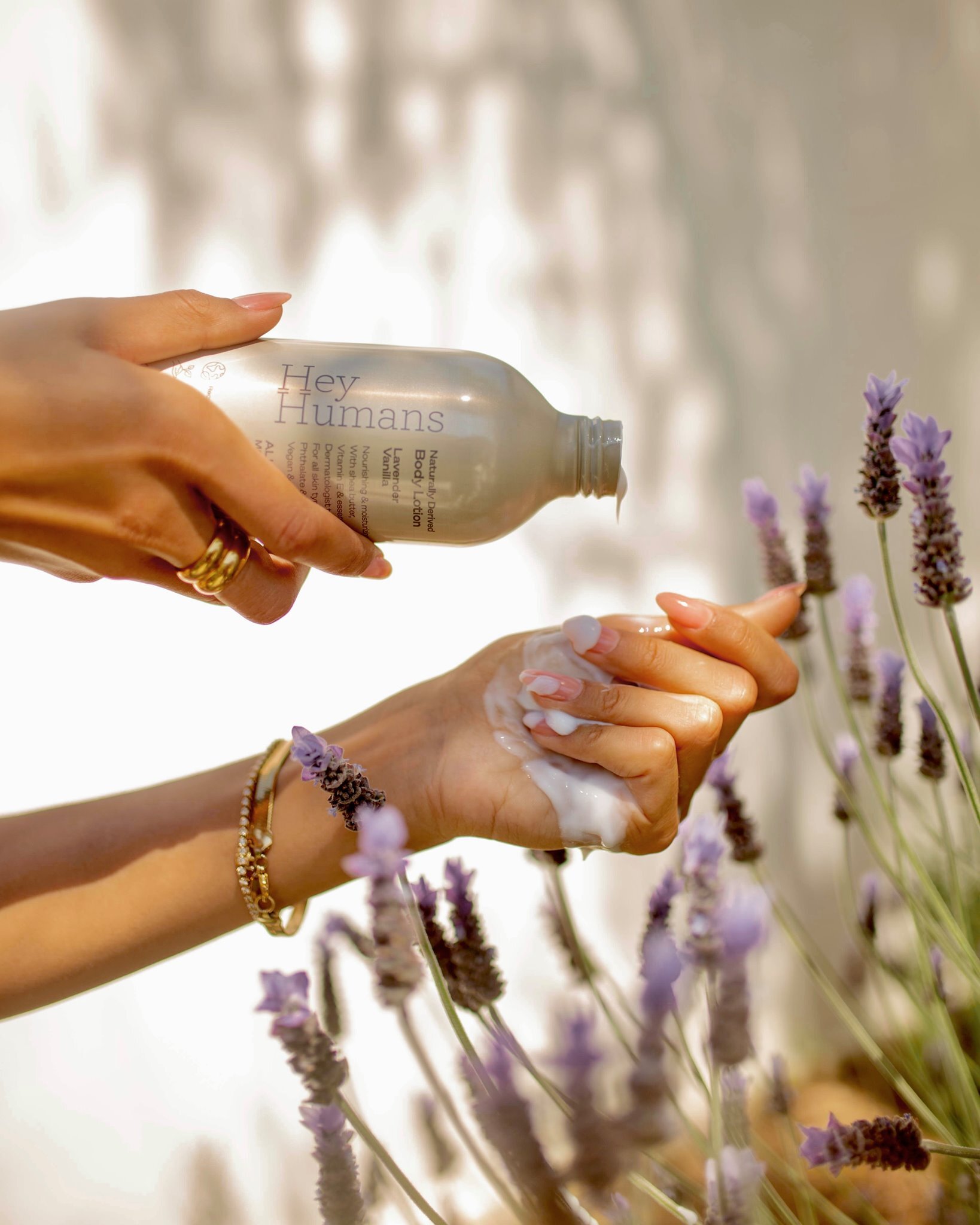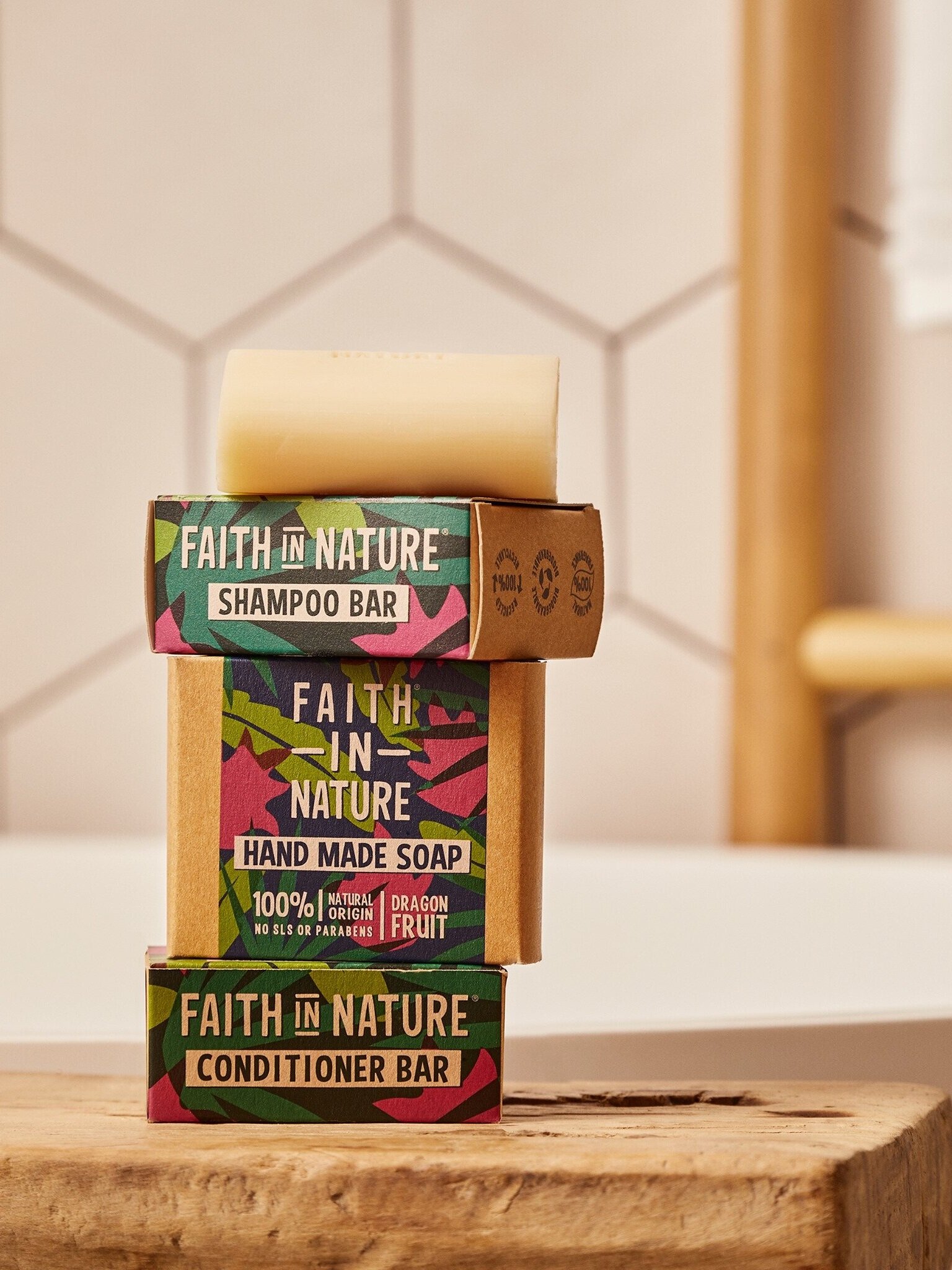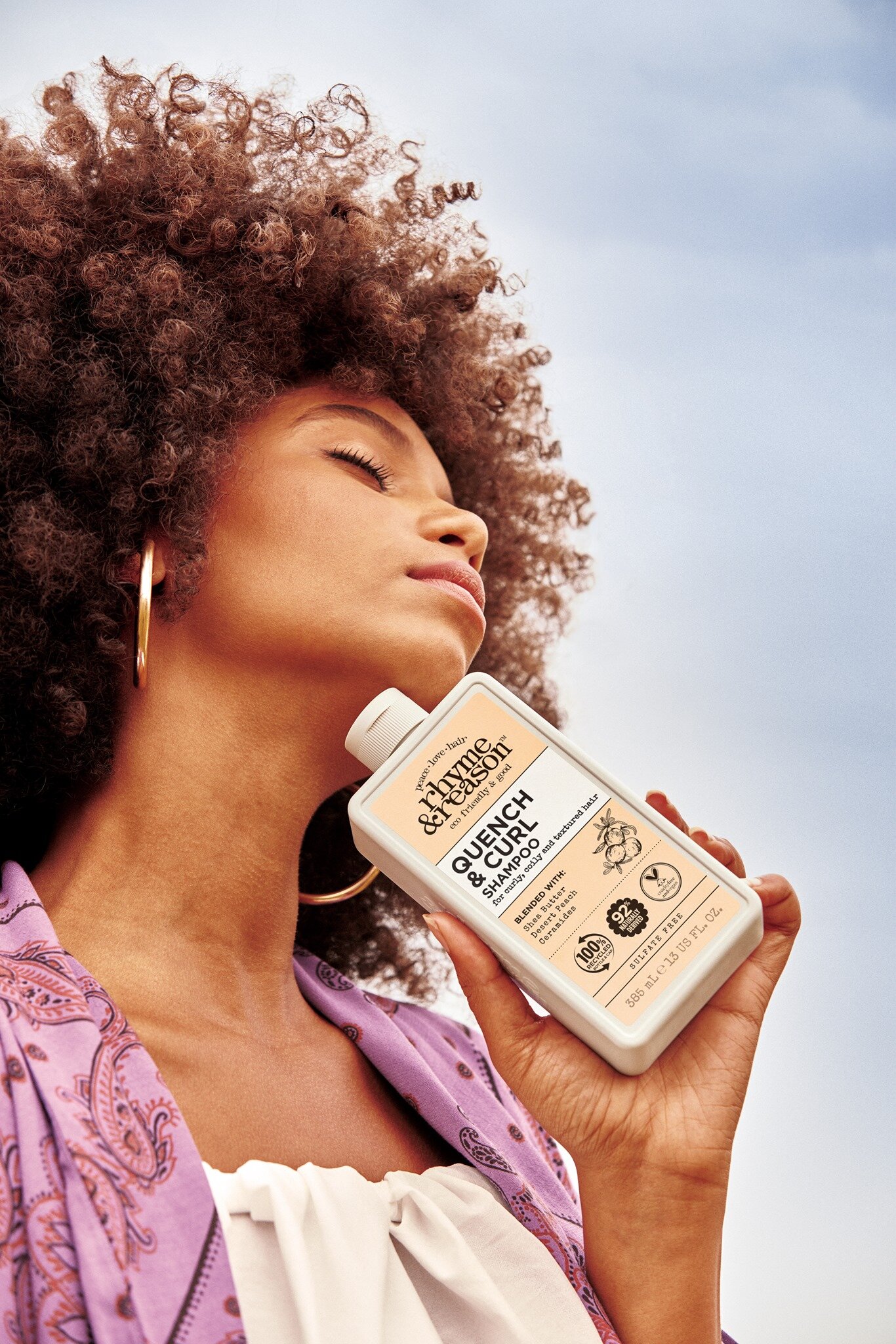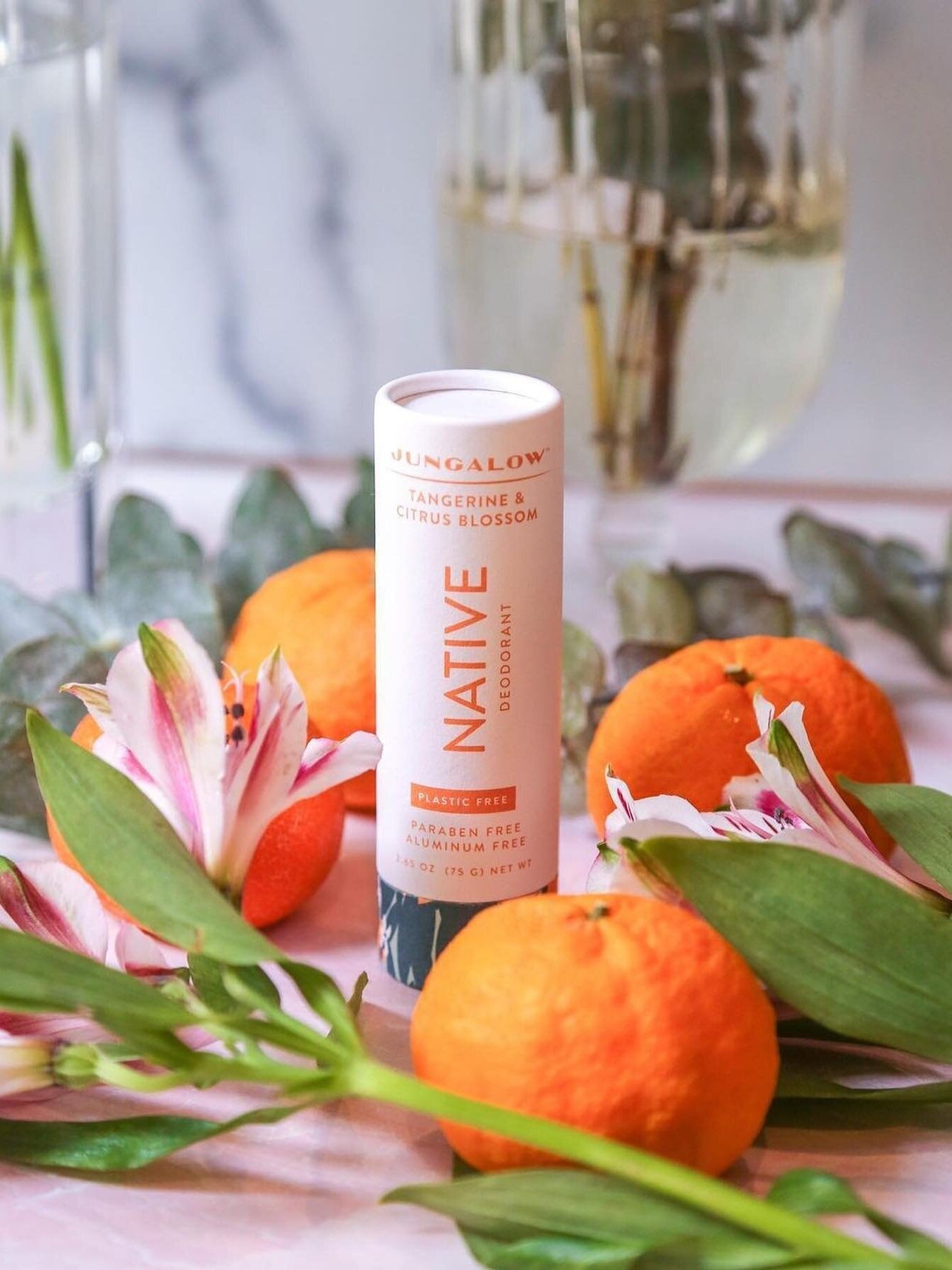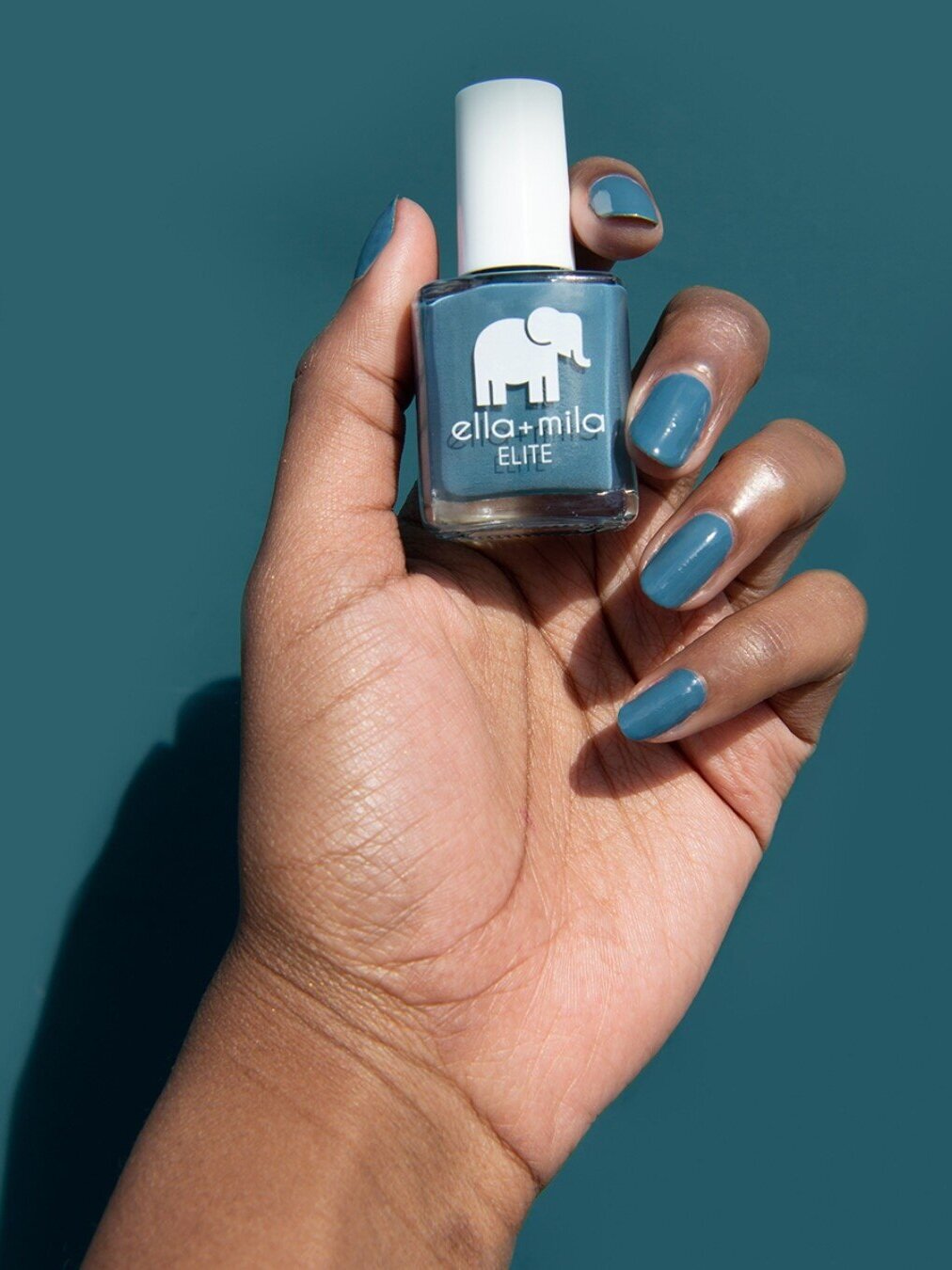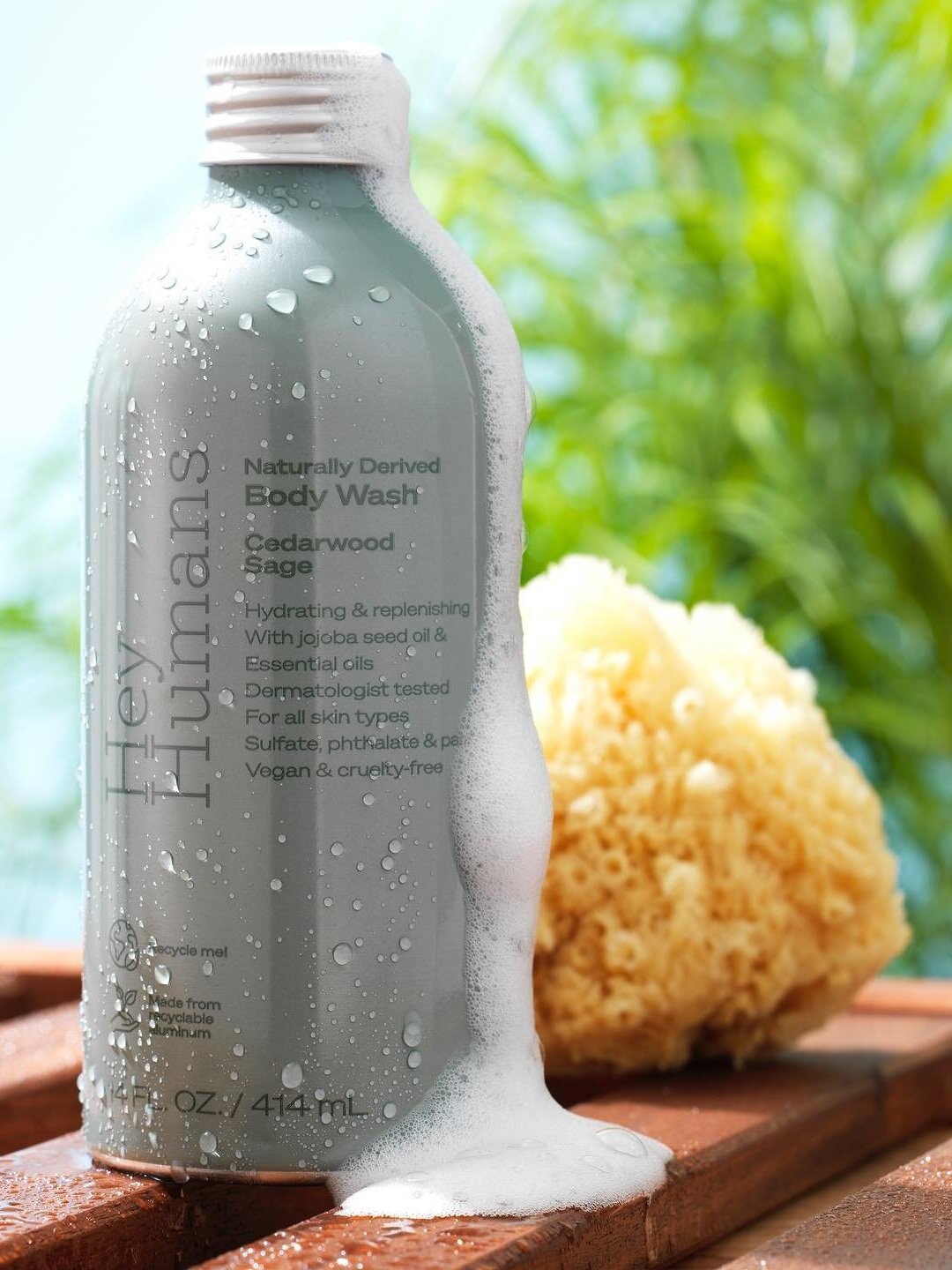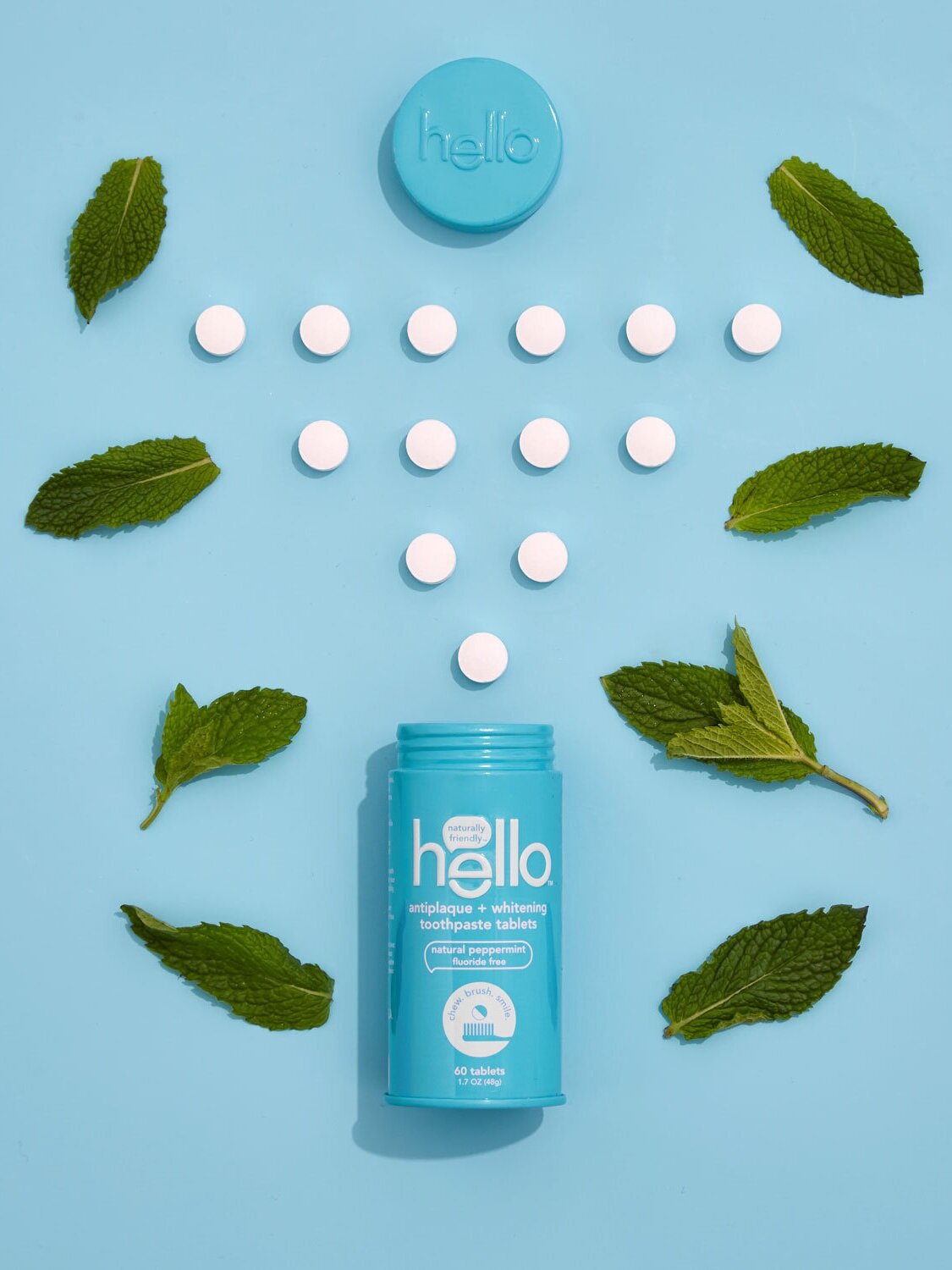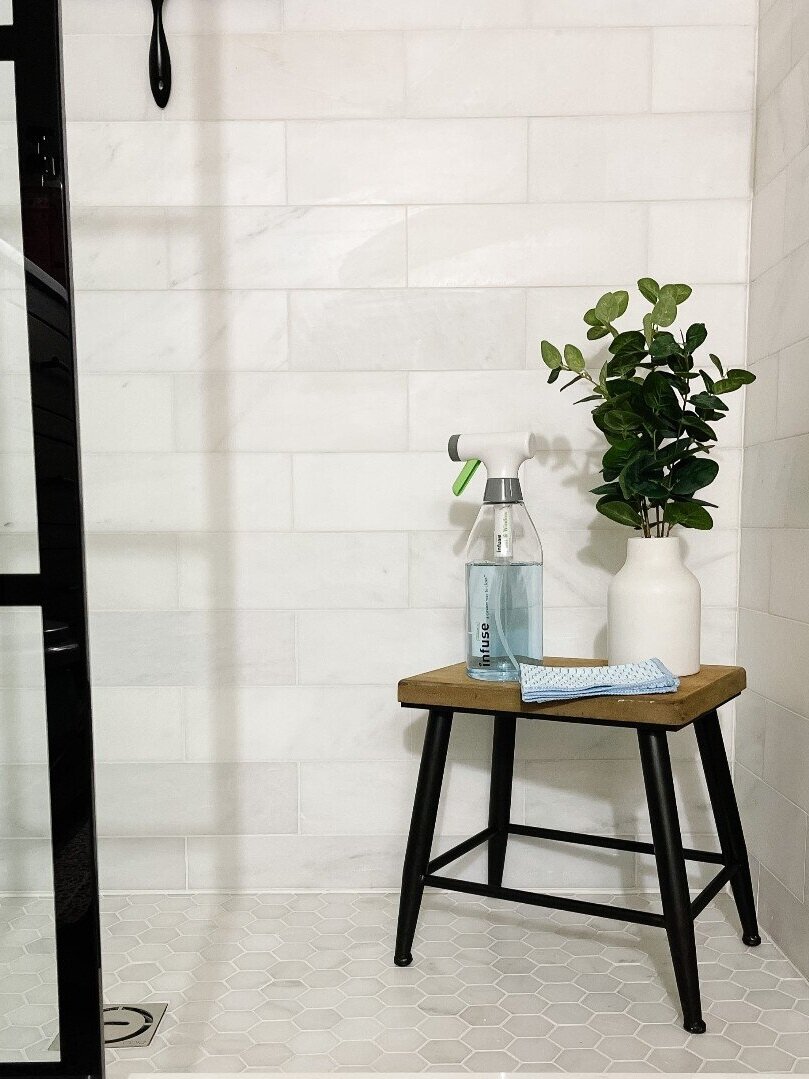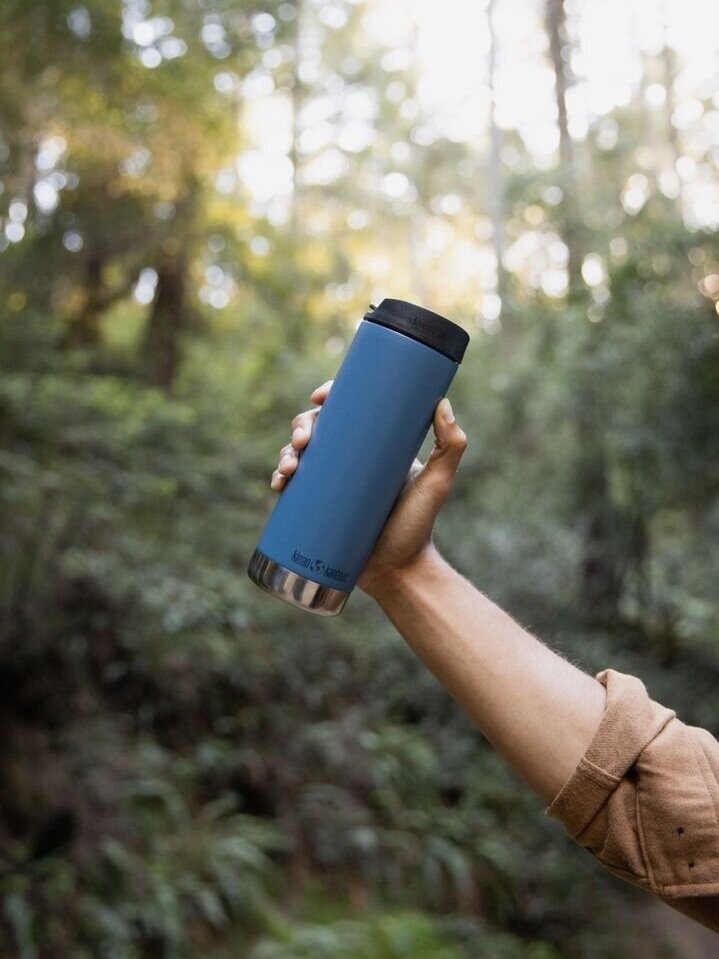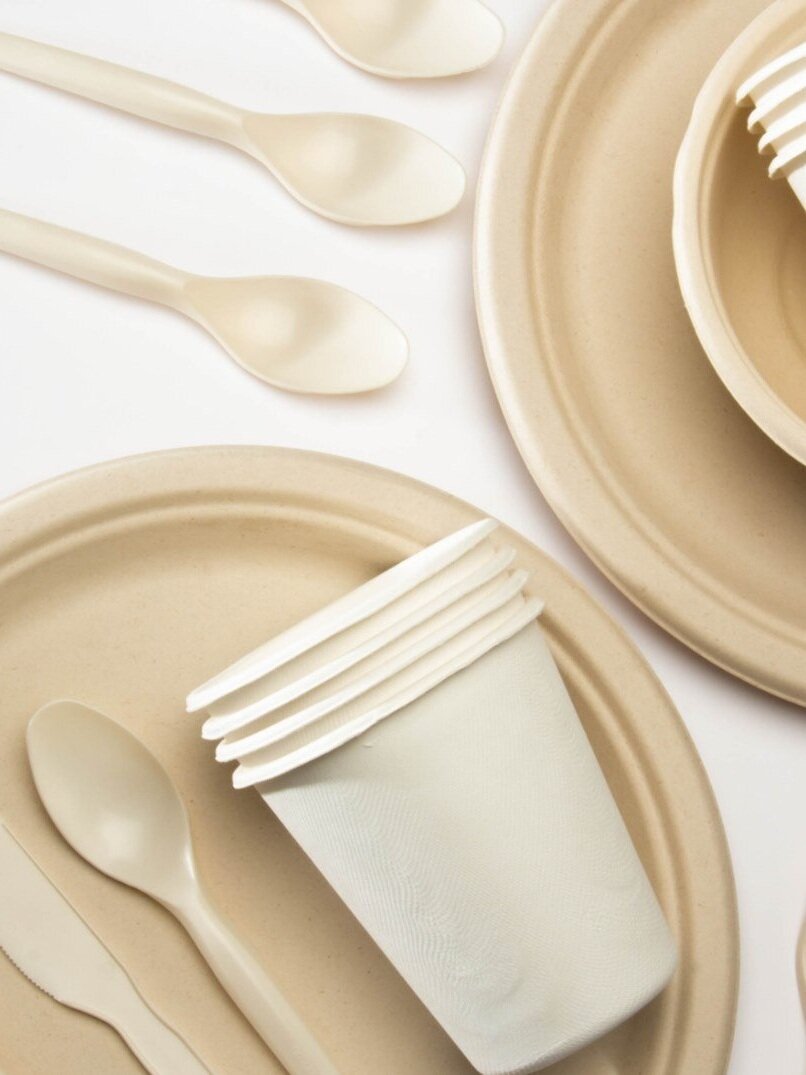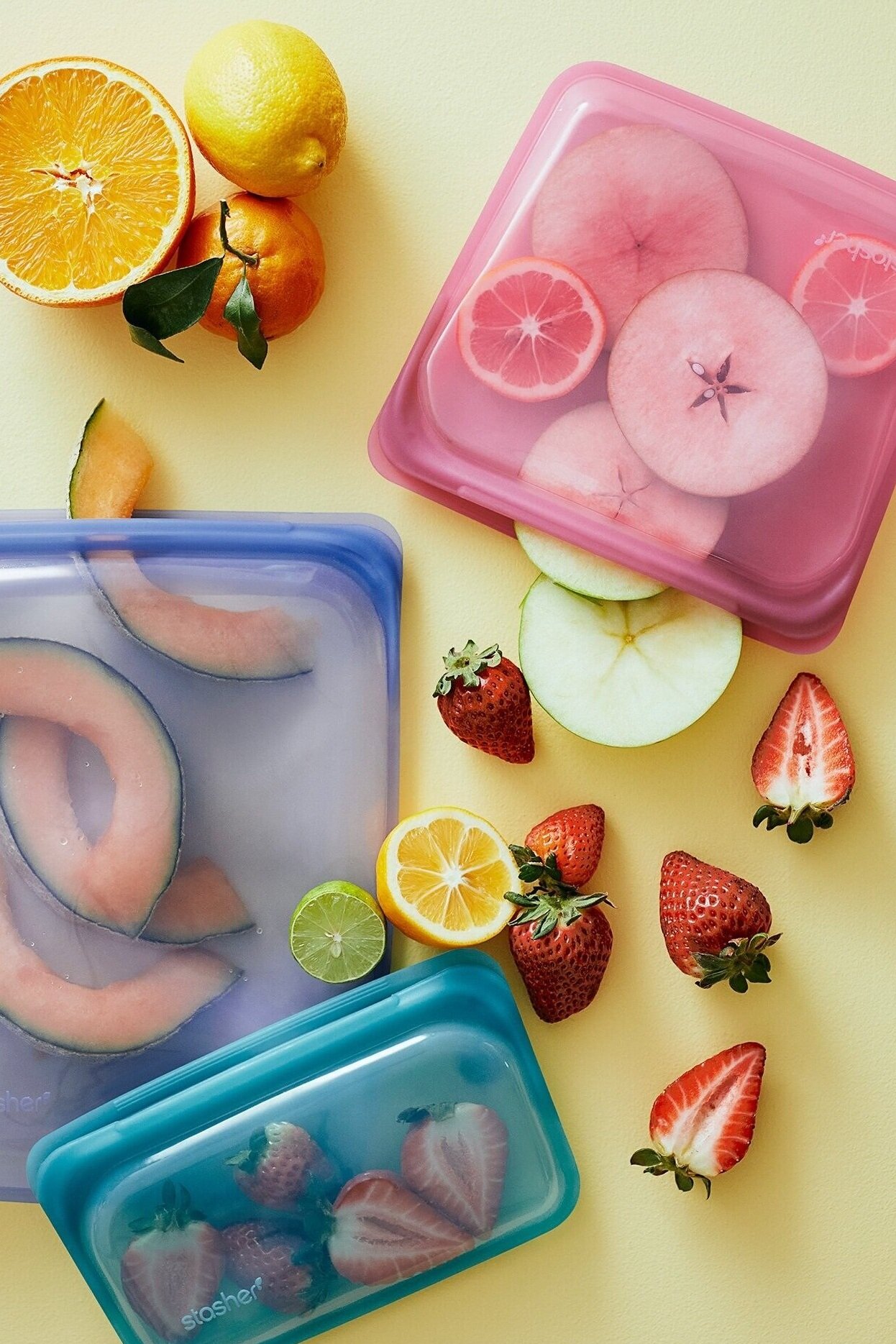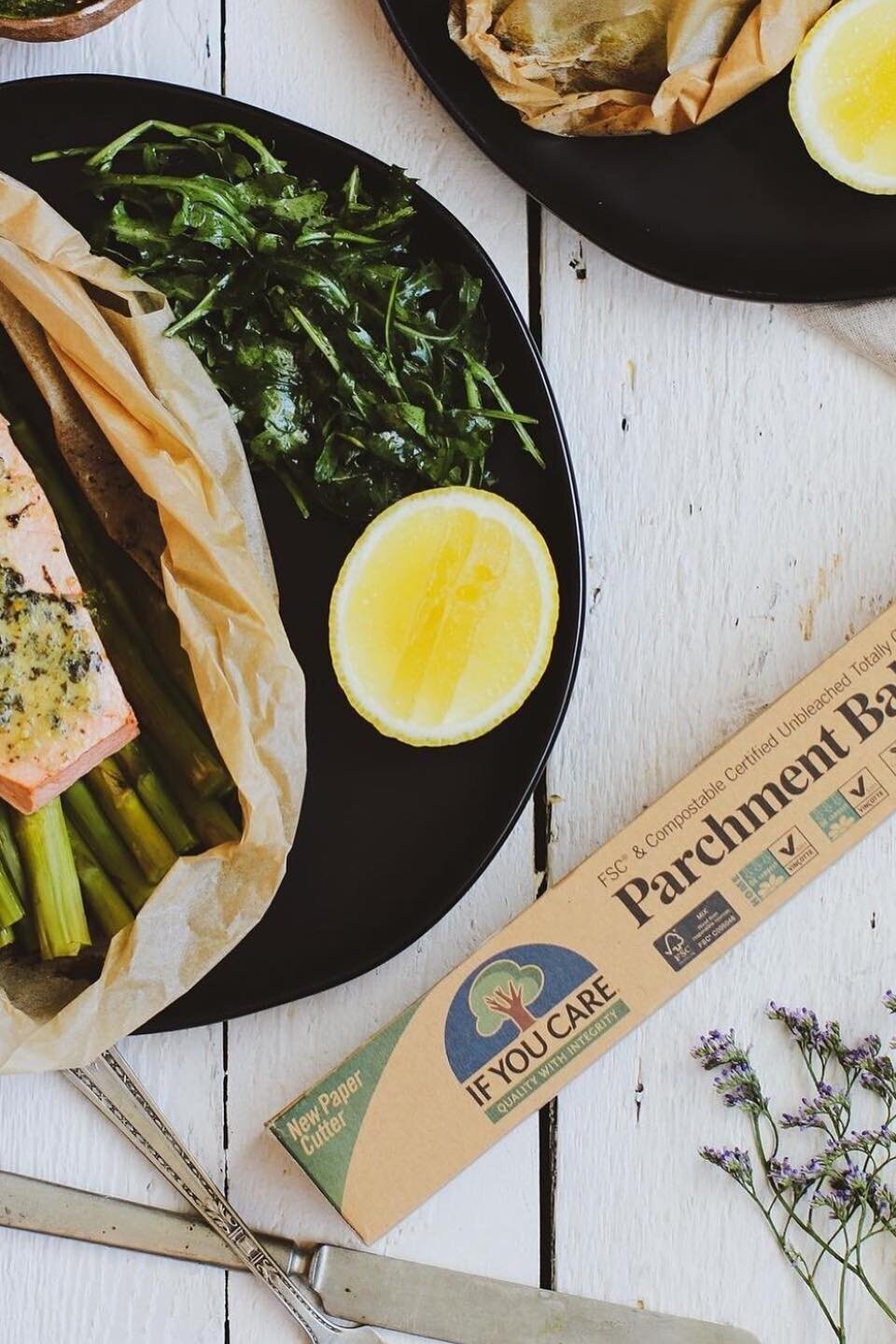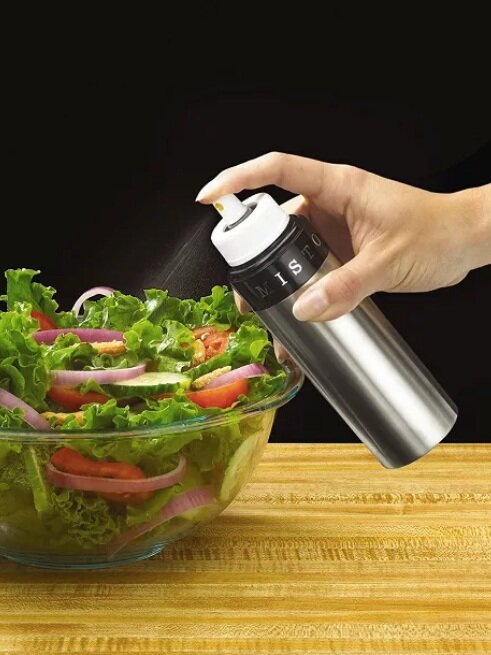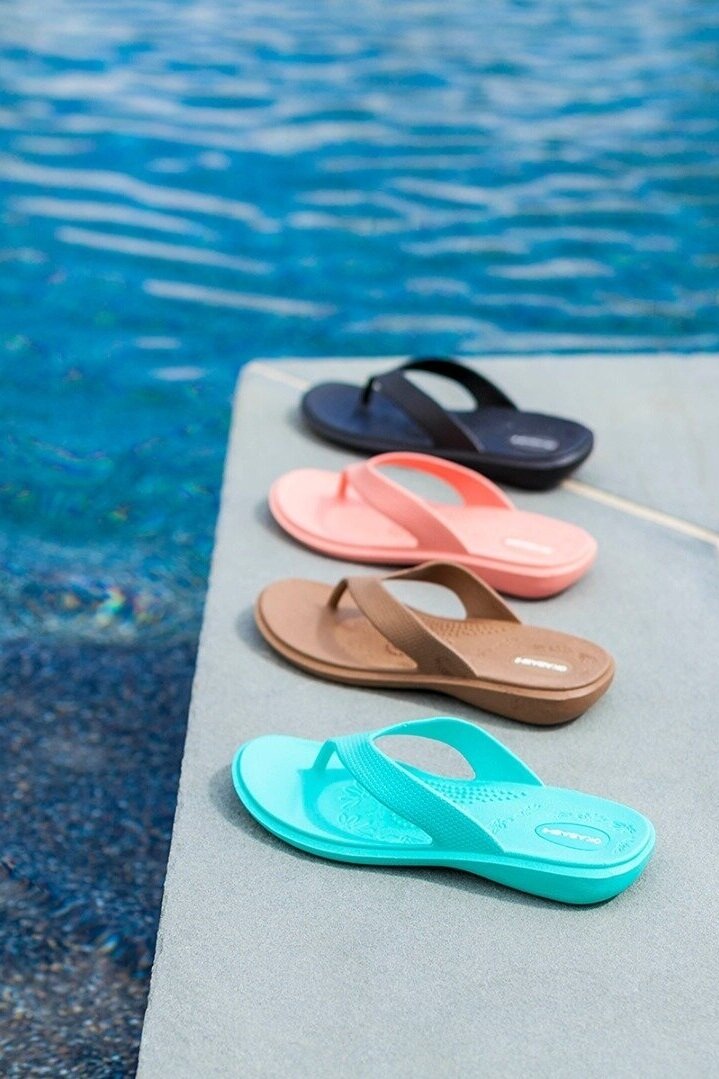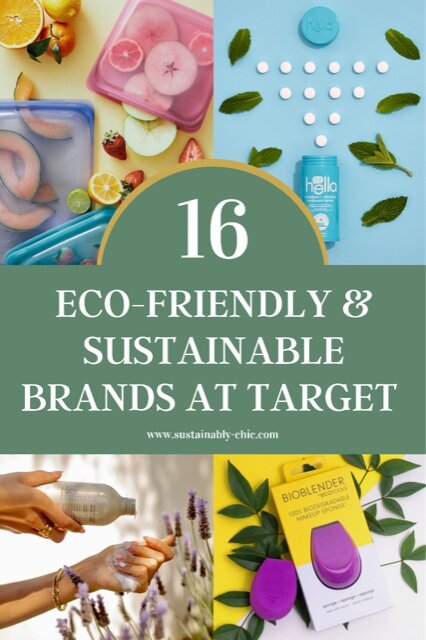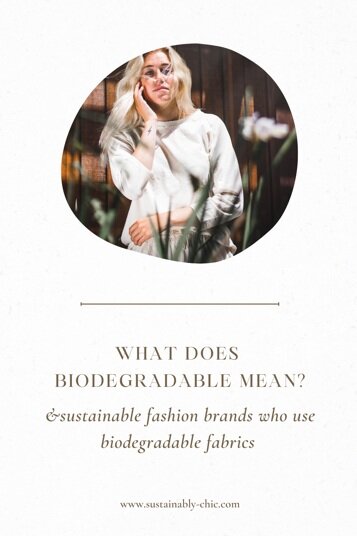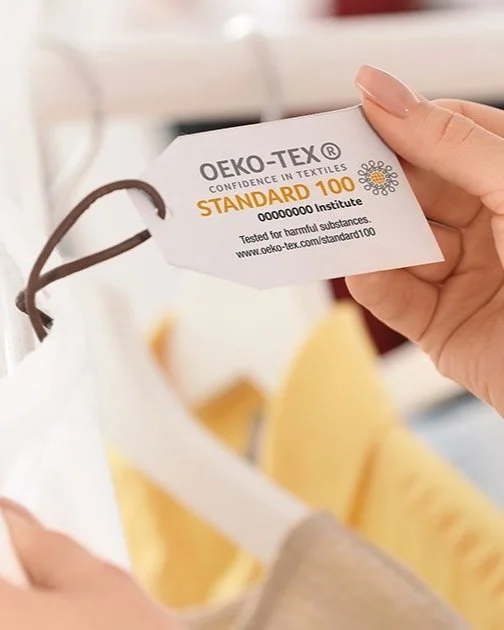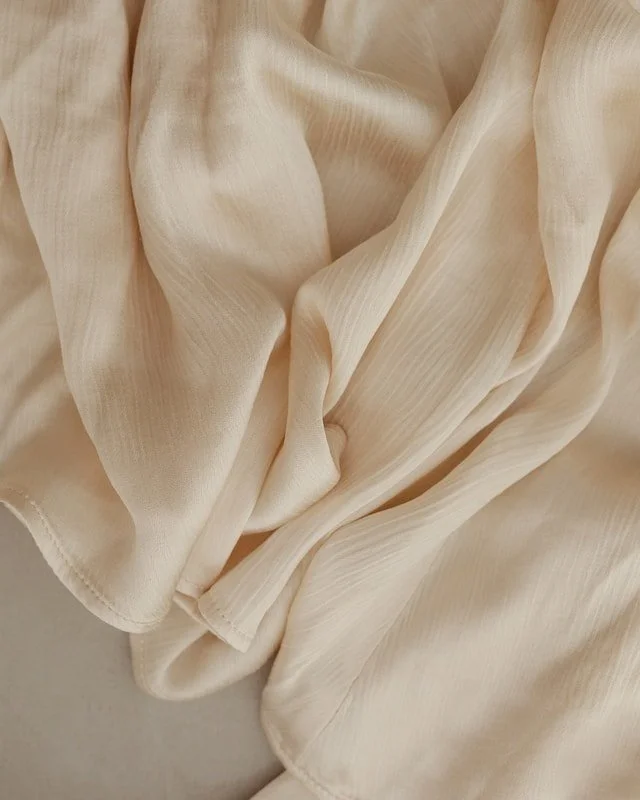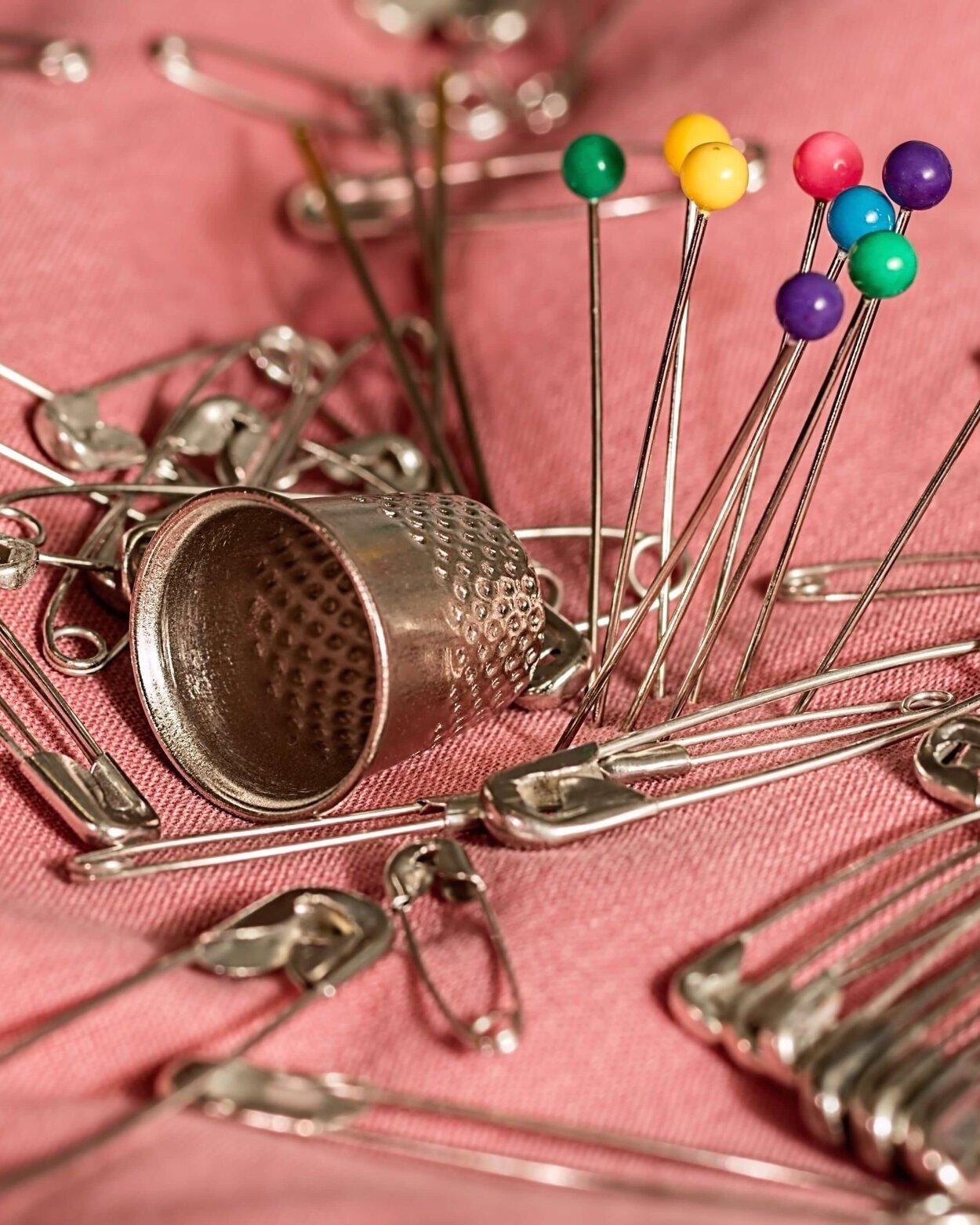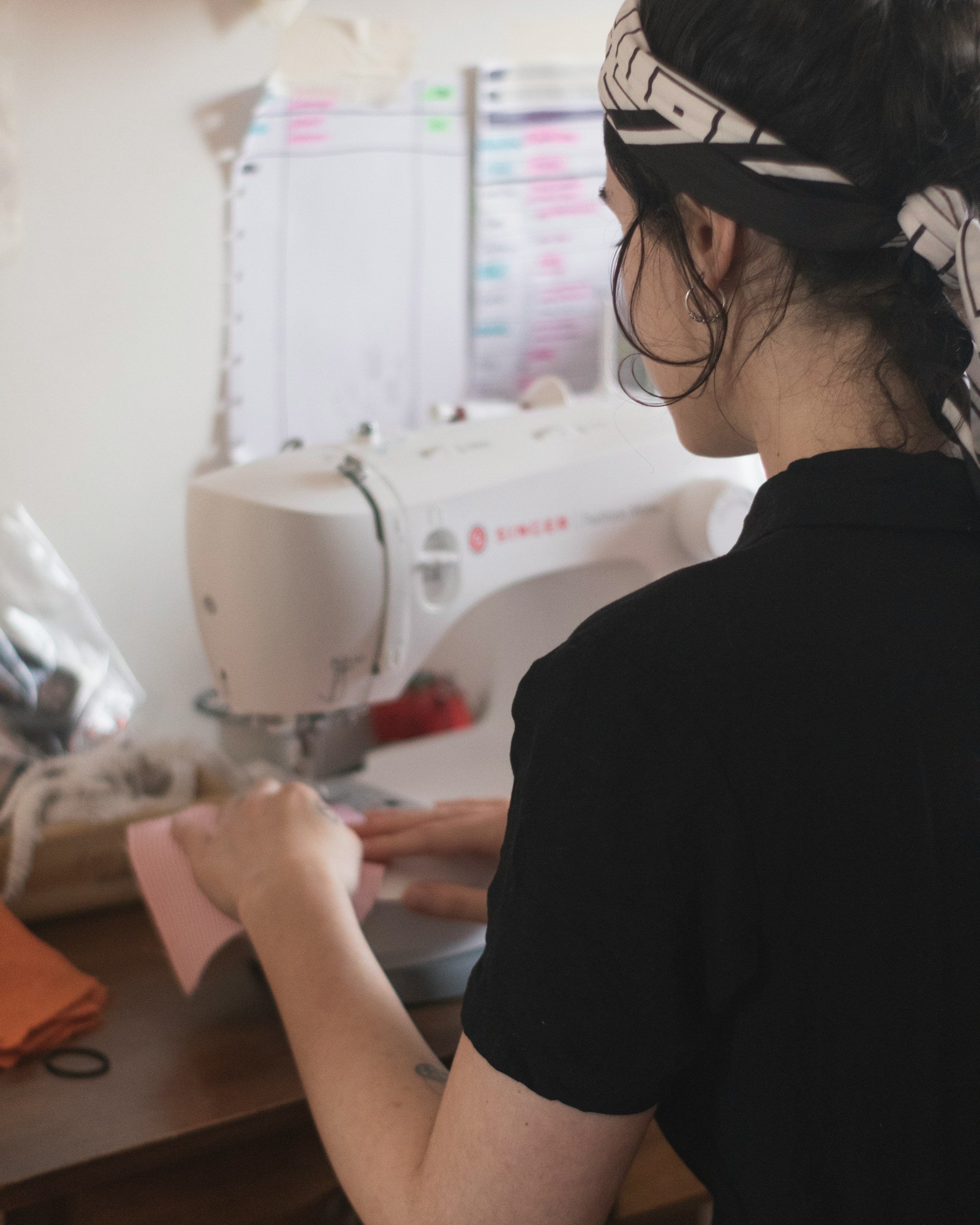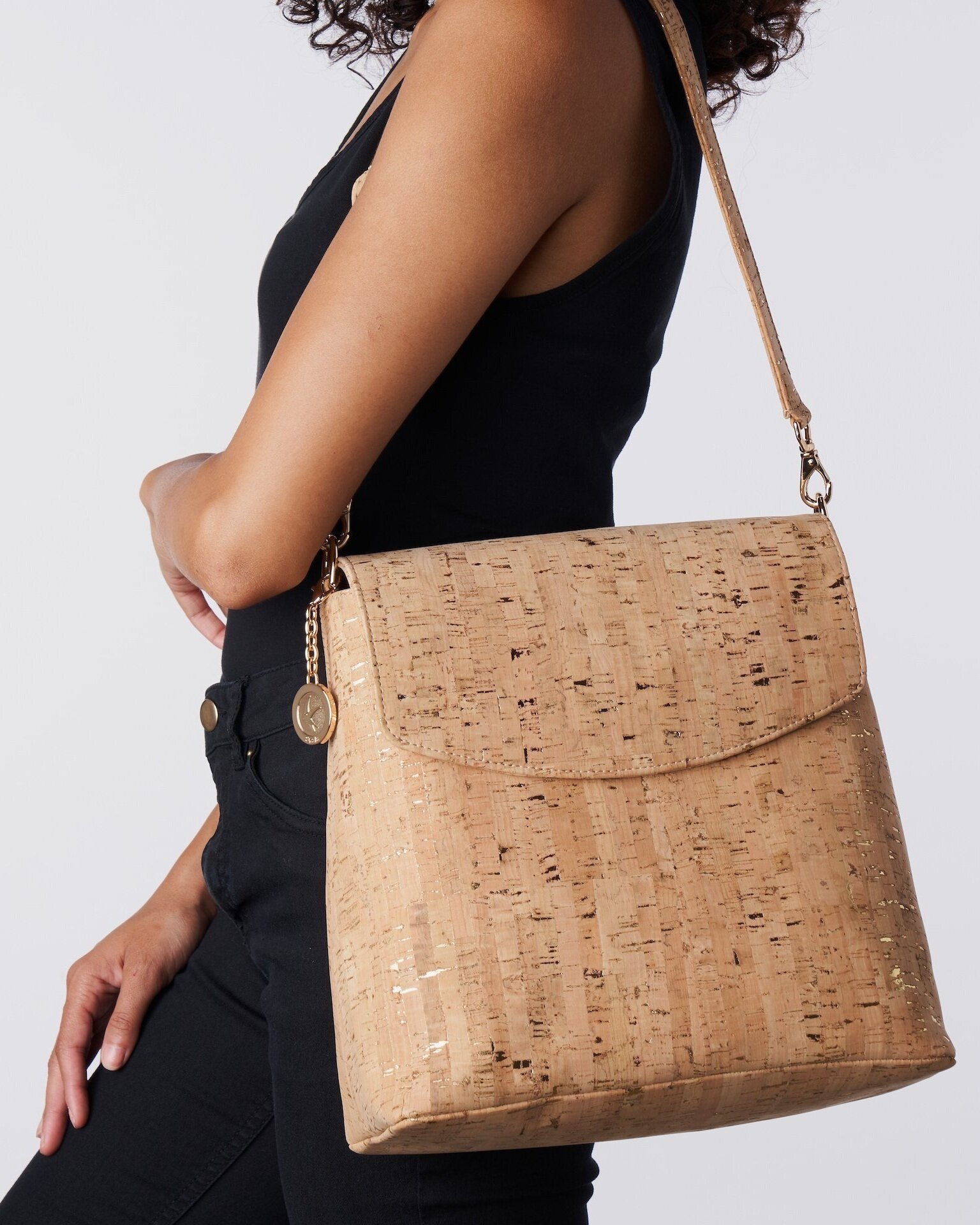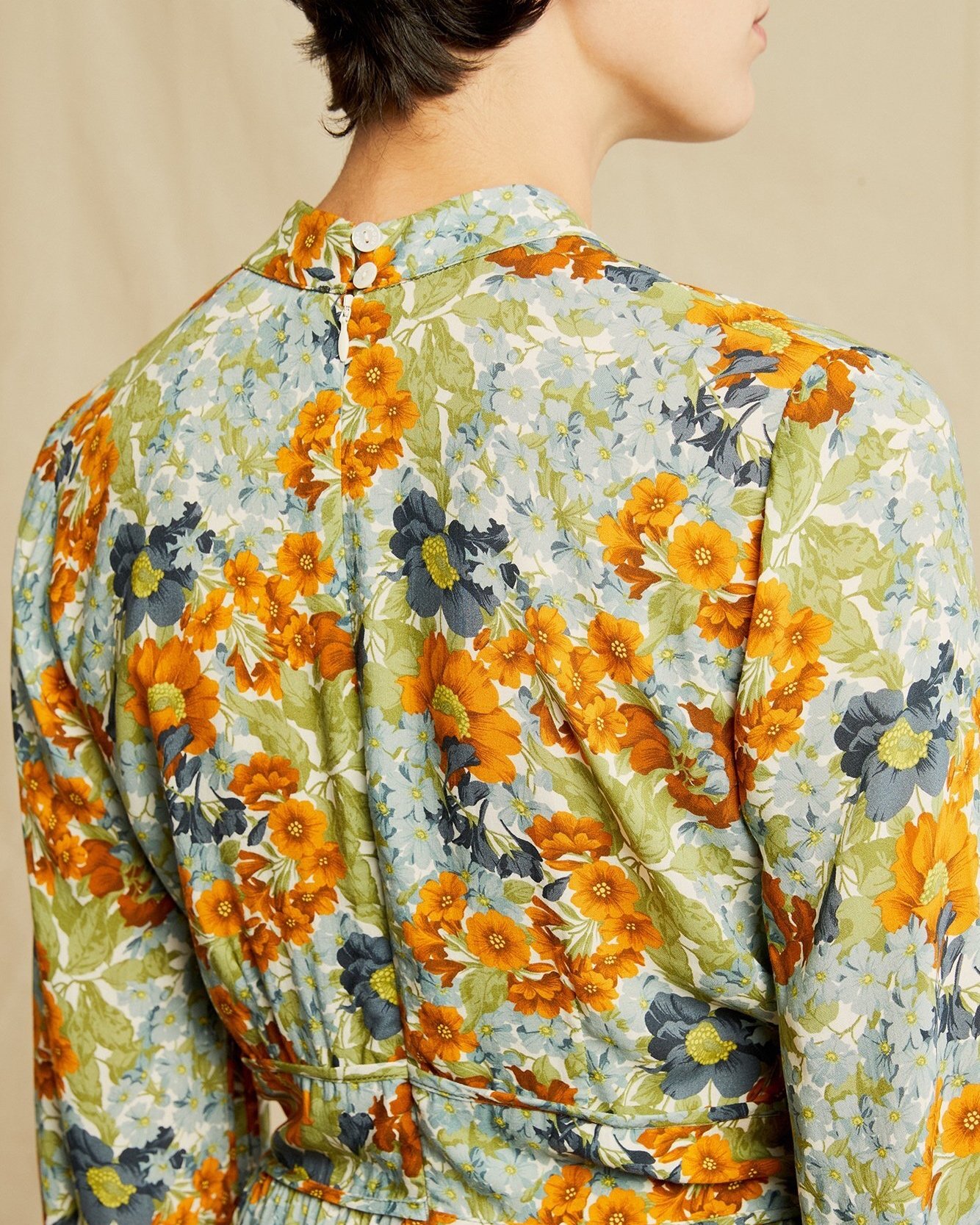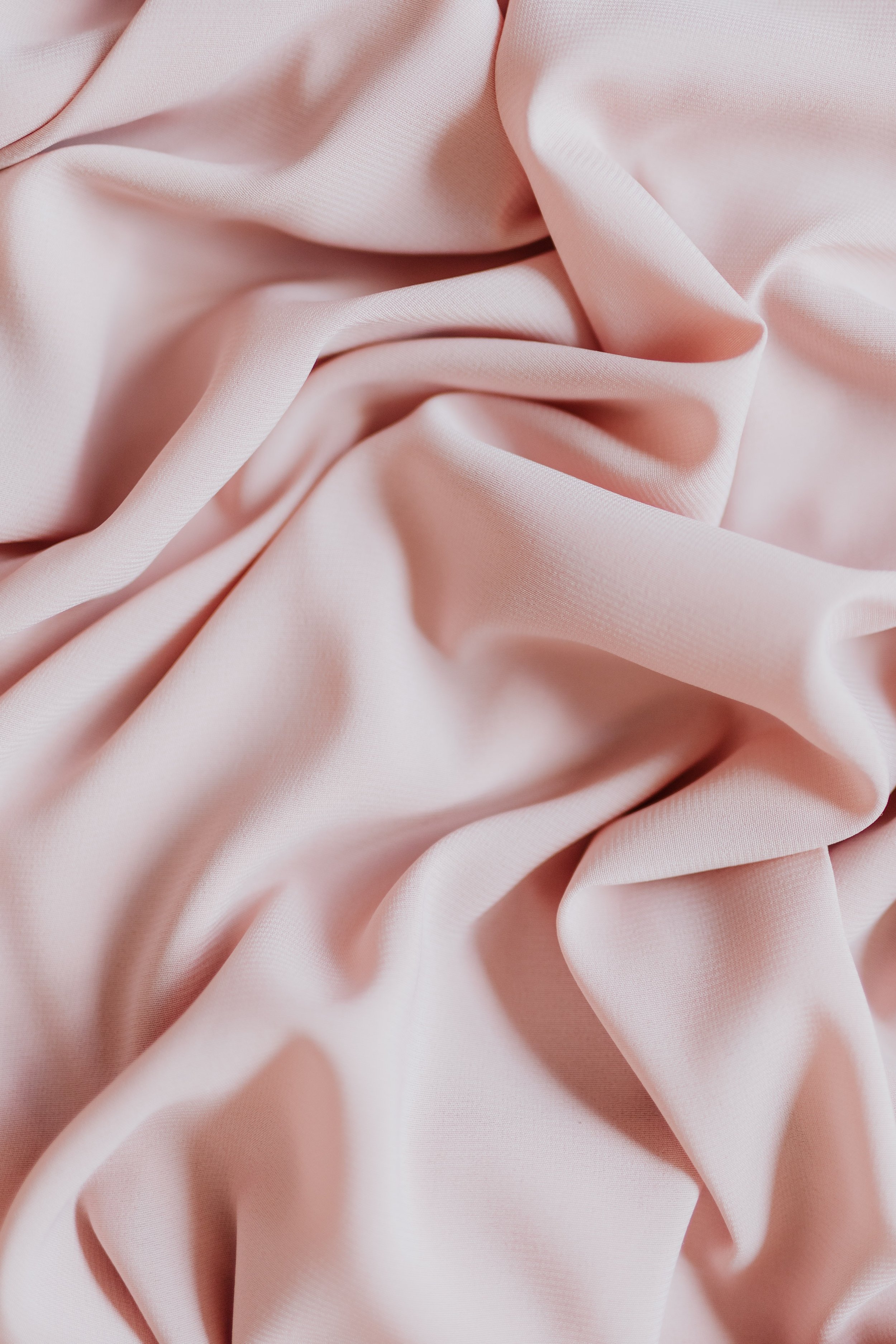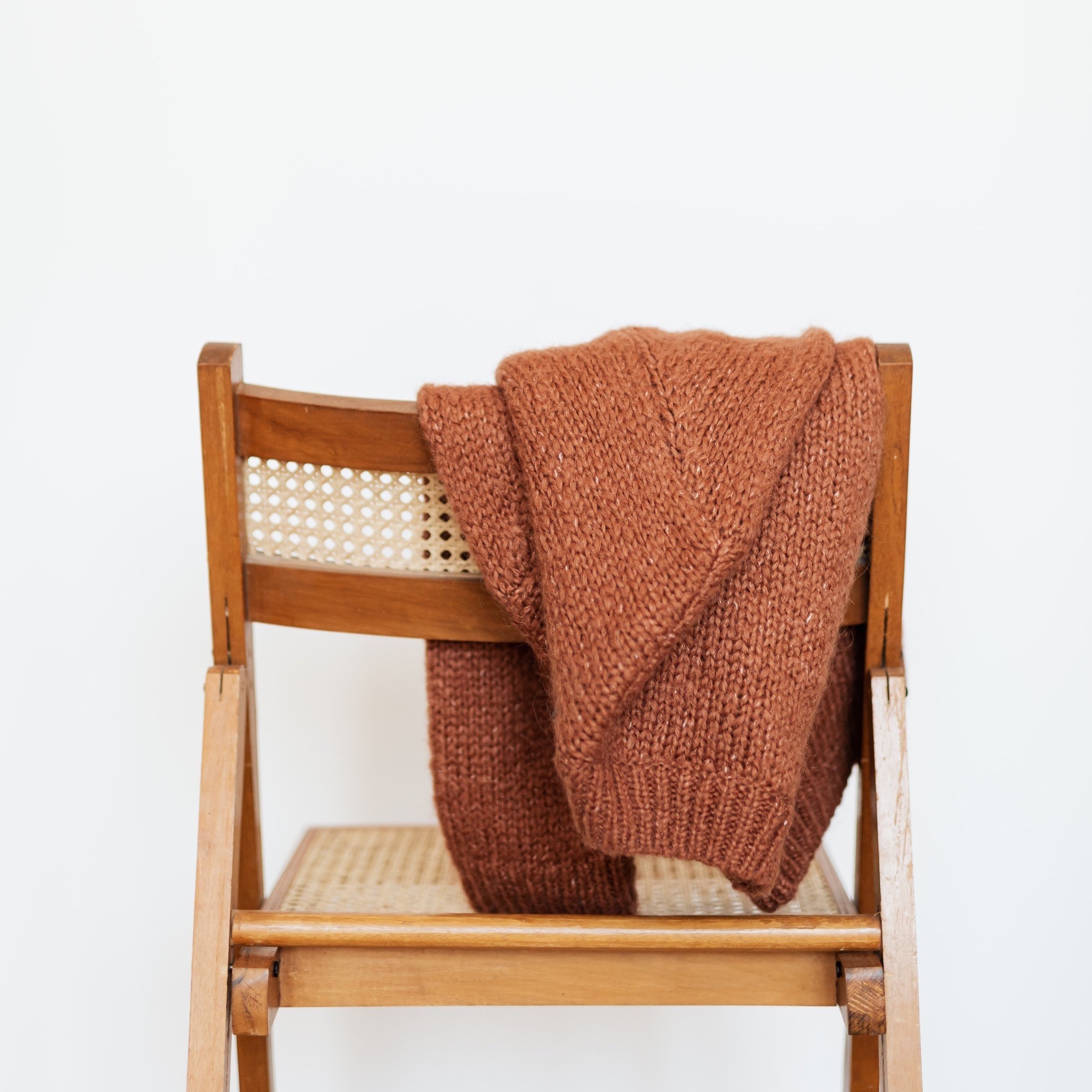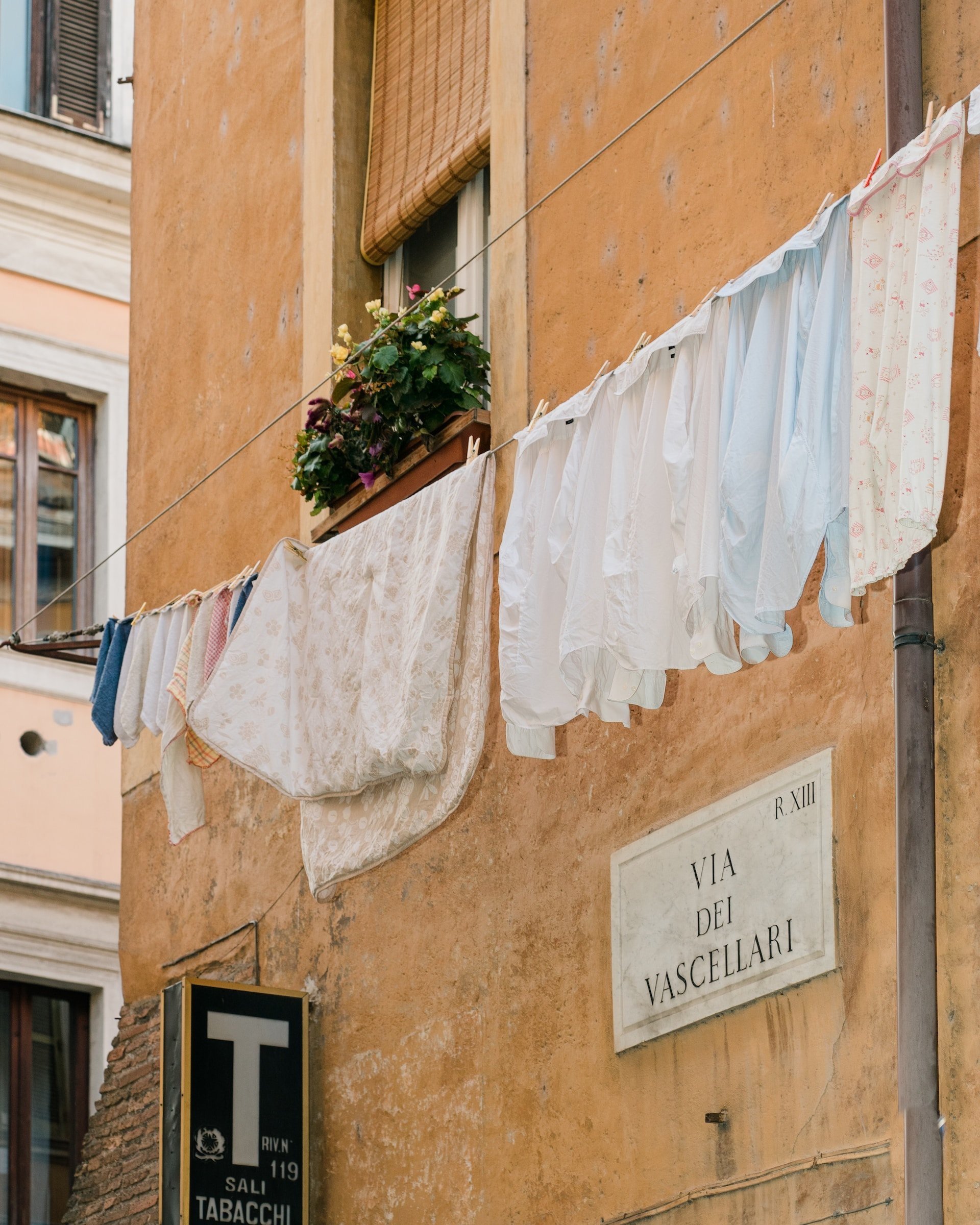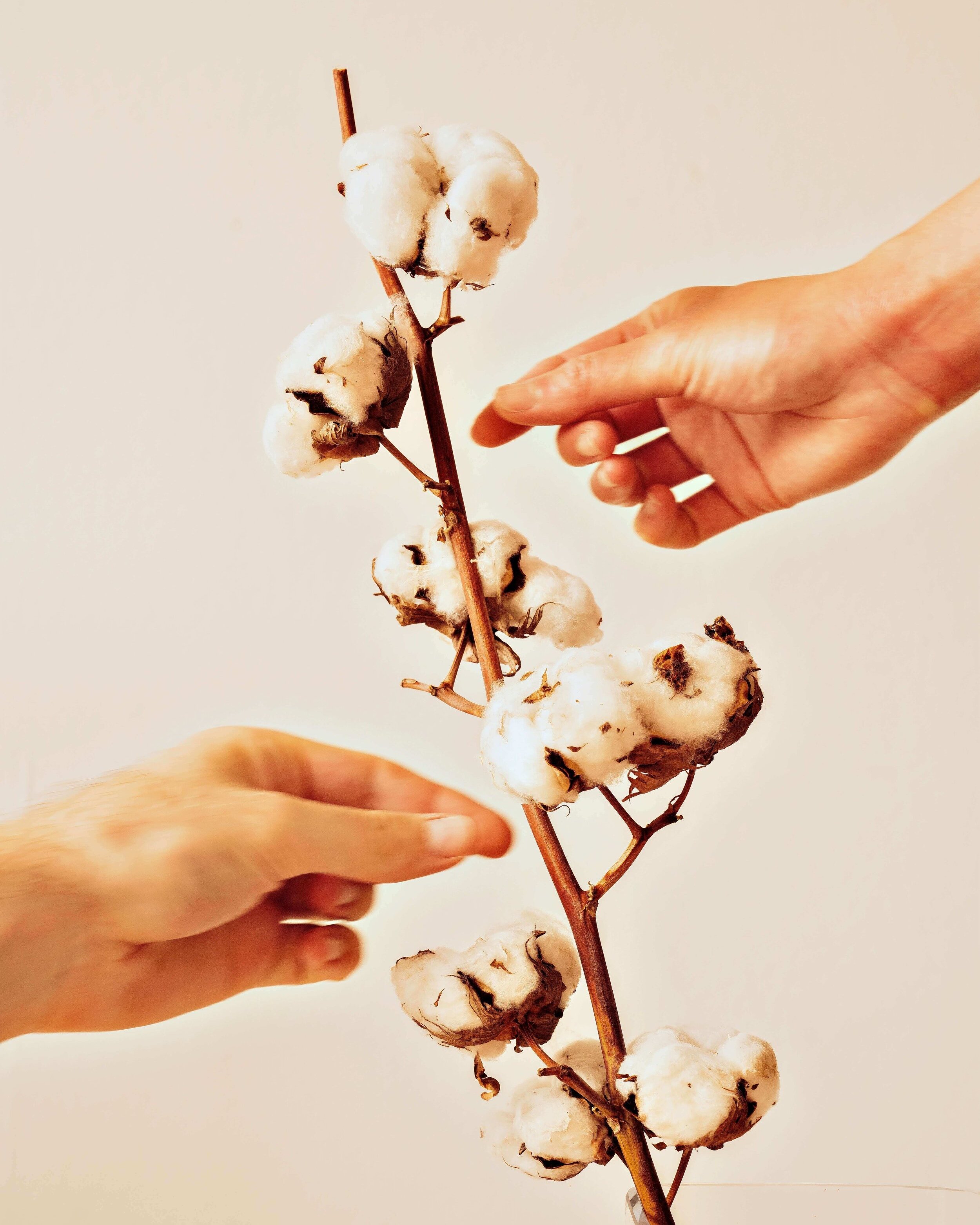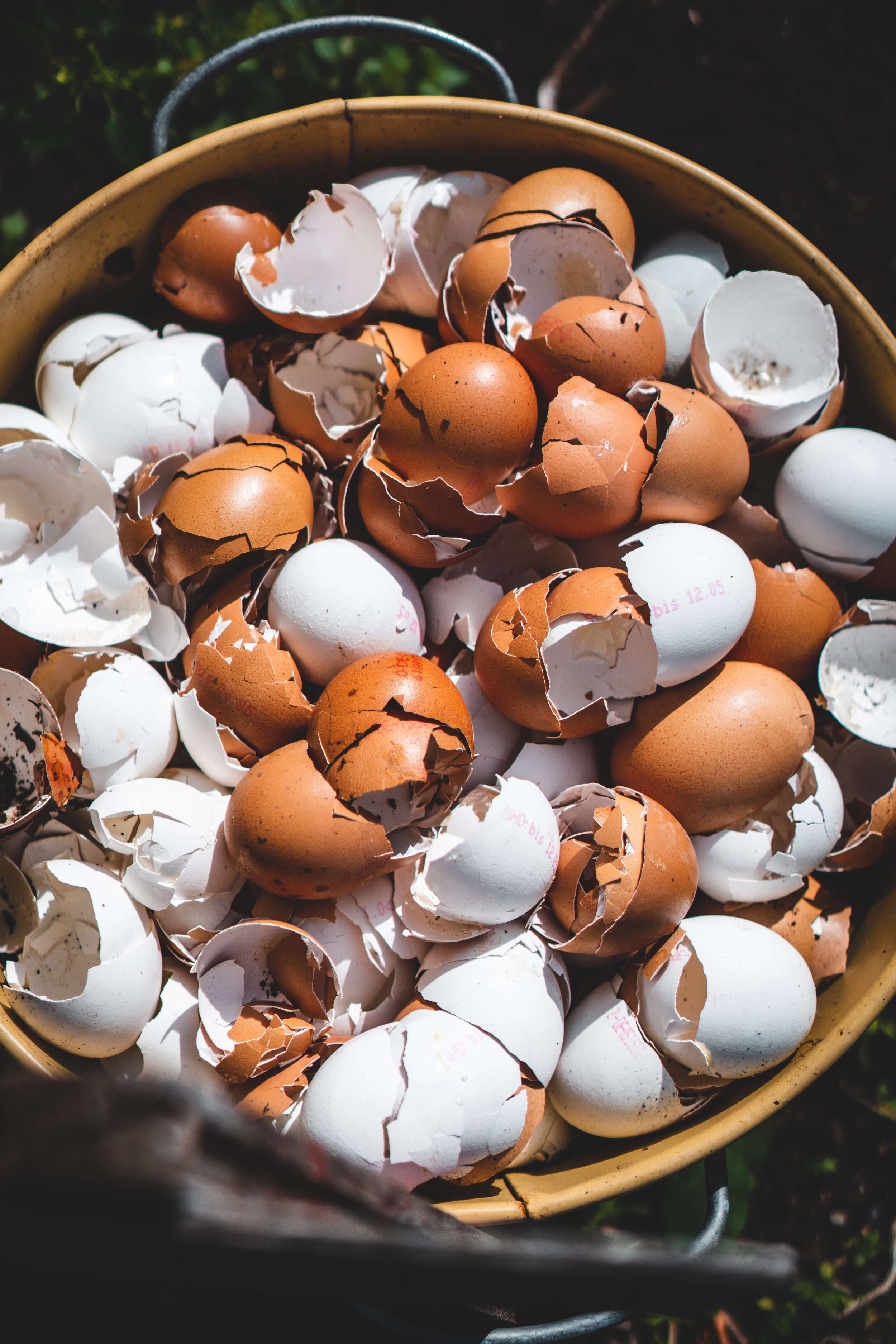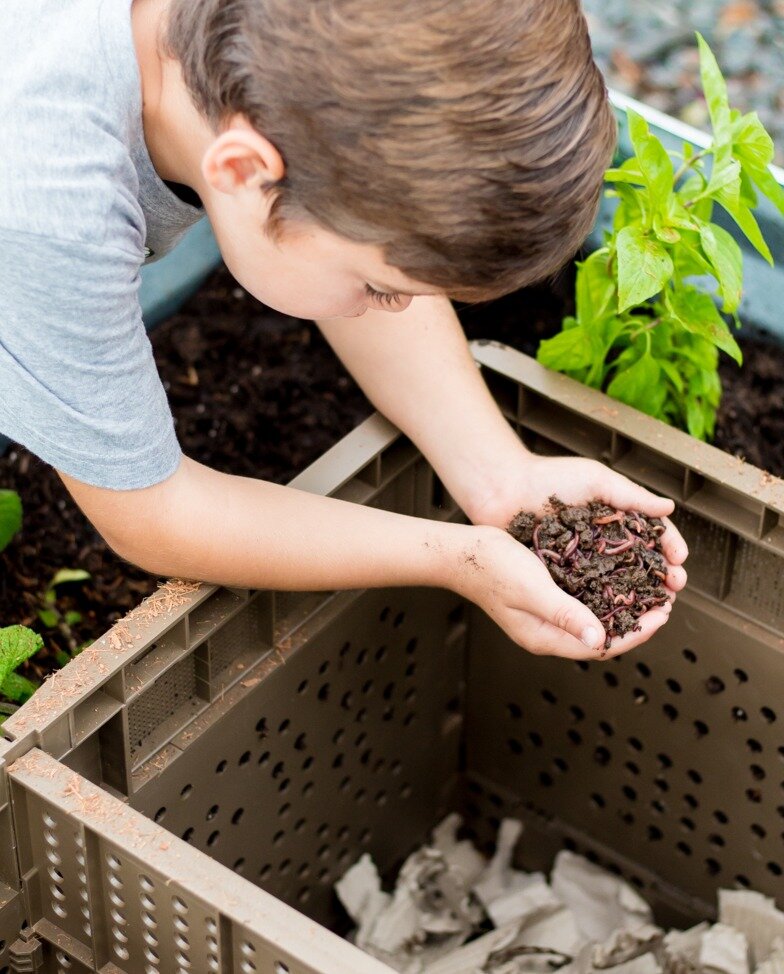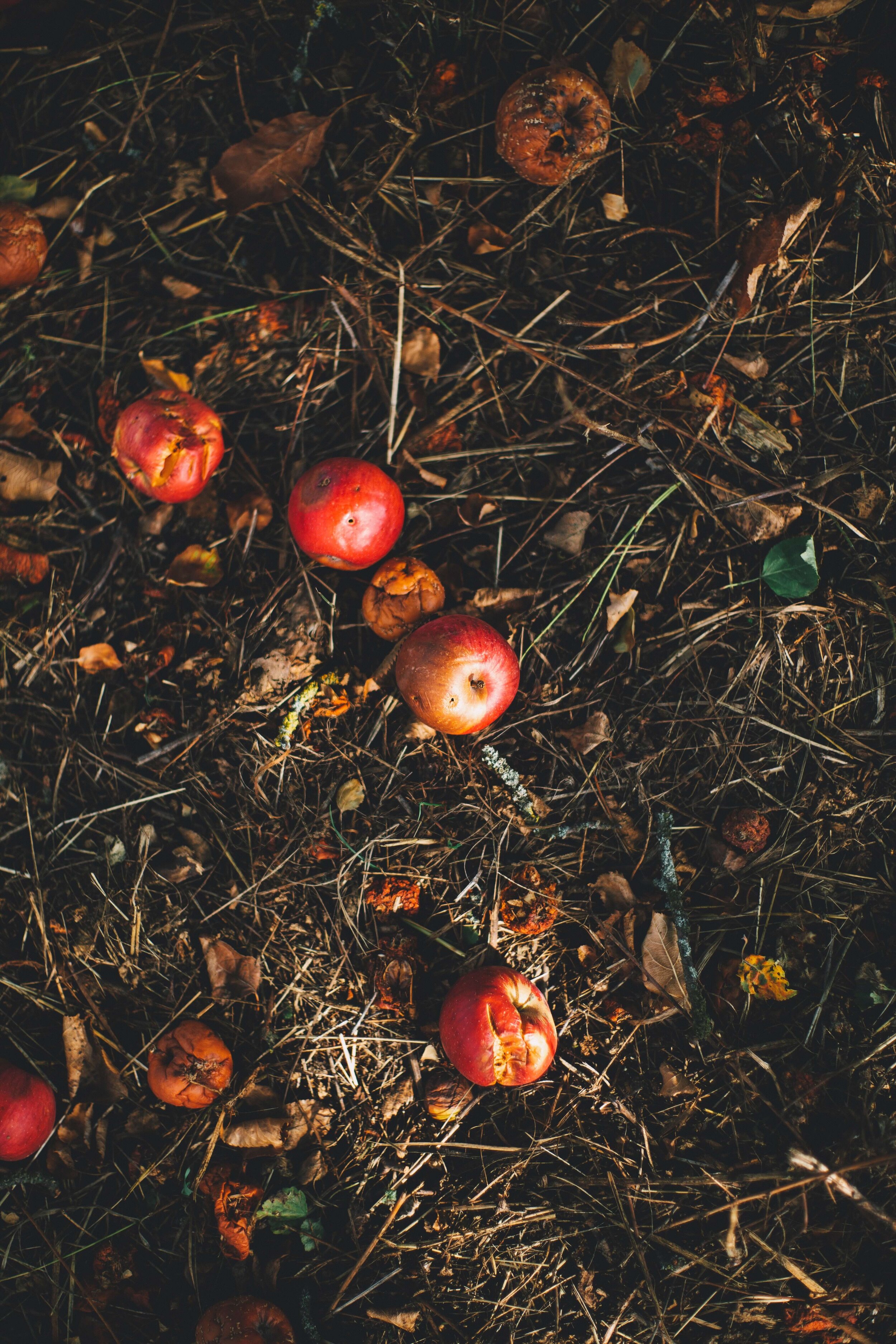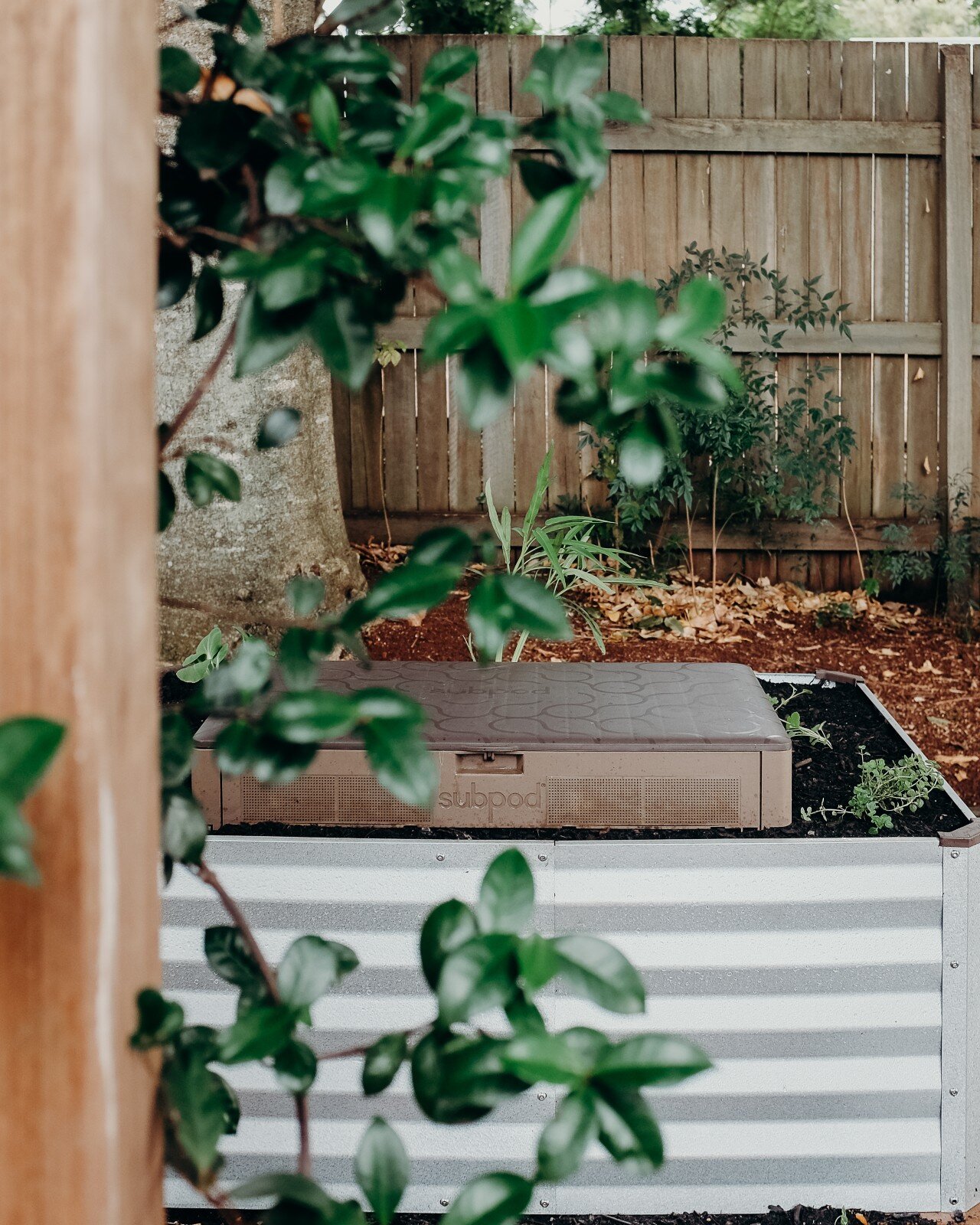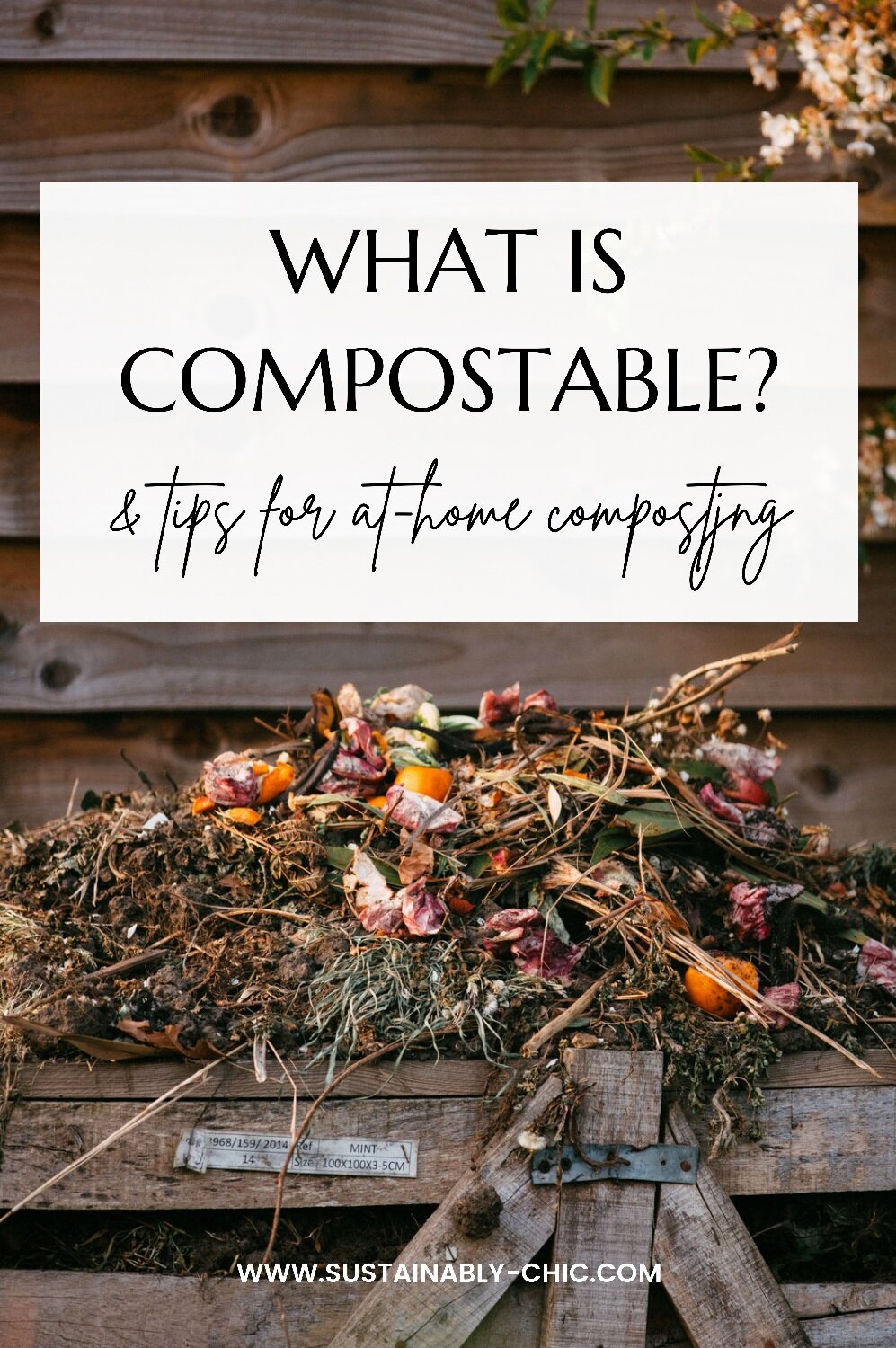Must See Documentaries on Sustainability
If you are interested in educating yourself about how the fashion industry is affecting people and the environment, sustainable documentaries are a great place to start. The repercussions of mass manufacturing and disposable clothing are becoming harder and harder to ignore. However, because most of the clothing Americans and westernized countries are buying is made overseas, the immediate effects are easier to overlook.
From forced labor and unsafe working conditions to devastating environmental destruction, there is a price to pay for every piece of clothing made and not just the one on the price tag. The majority of labor workers overseas in countries like Bangladesh are paid so little that most live in poverty. They often face abuse and poor working conditions on a daily basis despite working for some of the largest and most profitable companies in the world.
To make matters worse, our planet is also suffering. In America alone, we dispose of 11 million tons of textile waste per year. Globally, we consume about 80 billion new pieces of clothing every year. With the world’s consumption rising at an alarming rate and renewable resources becoming increasingly scarce, our planet is suffering and on the brink of irreversible damage. While this all sounds scary, hope is not lost but this is why it’s so important to educate yourself and be aware of the effects of your daily decisions. It is through awareness that we can make better choices.
This list of 11 sustainable documentaries will provide insight into the ways our consumption habits, especially our shopping habits, can change the world for better or for worse.
SUSTAINABLE FASHION DOCUMENTARIES
1) True Cost
Watch the trailer: True Cost Trailer
If you are unfamiliar with the 2013 Rana Plaza collapse in Bangladesh that resulted in over 1,000 casualties, you need to watch True Cost.
This documentary exposes the corrupt infrastructure that allowed abuse of labor workers, neglect for their working conditions, and the health issues caused by using genetically modified materials.
While the westernized countries focus on finding the latest fashion trends, the families featured struggle to feed their families while working nearly 90 hours a week.
2) Fashionscapes: A Living Wage
Watch the trailer: Fashionscapes: A Living Wage Trailer
From the director of True Cost, Andrew Morgan, and co-founder of Eco-Age Olivia Firth, this documentary explores the activists and laborers holding the fashion industry accountable for allowing poverty-level wages.
Most of the men and women making the clothes sold by popular fast fashion brands are paid below a living wage despite companies raising prices and selling more clothes than ever.
This documentary allows women who have experienced injustice and poverty firsthand from working in the fashion supply chain to share their stories of what change has and has not been made, despite the global outcry and company policies set in place.
Watch it: Youtube
3) The Machinists
Watch the trailer: The Machinists Trailer
Follow the story of three female garment workers in Bangladesh who share the struggles of daily life working in factories trying to provide for their families.
They often work unlawful long hours or risk facing the reprimands of their supervisors.
Since they are the breadwinners of their families, most workers are forced into a cycle of abuse and remain in poverty due to being paid lower than a living wage. The film also features the man working to enforce a trade union in Bangladesh, where many fast fashion brands manufacture their clothes. The Machinists gives viewers insight into what it means to work in a sweatshop where forced overtime, unsafe working conditions, and pay garnishment is normalized.
Watch it: Youtube
4) UDITA (Arise)
Watch the trailer: UDITA Trailer
Covering five years in Bangladesh sweatshops, UDITA is a documentary that reveals the challenges female garment workers face as they fight for freedom, against industry oppression, and for a better life for themselves and the generations to come.
This film showcases stories of hope and strength but also a very real look behind the scenes at what it means to be a Bangladeshi woman trying to survive and leave their village a better place for their children.
Watch it: Youtube
5) Traceable
Watch the trailer: Traceable Trailer
In an effort to connect the dots between the clothes we wear and the people who make them, Traceable follows fashion designer Laura Siegel’s journey across India to produce her own clothing collection.
Through her own experience, this documentary showcases how communities are affected by the products we consume and what our dollars support when we make disposable and impulsive purchases.
Traceable also explores what “luxury” fashion really means and how clear transparency is important to be upheld throughout the supply chain so that consumers can make better-educated choices about the products they buy.
Watch it: Amazon
6) The Next Black
Watch the trailer: The Next Black Trailer
What’s next in the future of fashion? Is there hope for a world that doesn’t treat garment workers as disposable as the clothes they make? The Next Black is uncovering what the future of clothing looks like and how we can innovate the fashion industry to be more sustainable. This documentary gives us hope that with industry leaders taking action and believing in a sustainable business model there can be a world where our clothes don’t destroy our planet.
Watch it: Youtube
7) RiverBlue
Watch the trailer: RiverBlue Trailer
Have you thought about how much water goes into making our clothes? Or what happens to the water after it’s been used in the dyeing and production process? RiverBlue examines the world’s most polluted rivers and how the fashion industry continues to contaminate our planet’s most vital resource to keep up with the demands of clothing companies.
Xintang, China is the denim capital of the world and due to the toxic runoff from the dyeing process, Pearl River is now indigo blue due to contamination, which is what inspired the name of the film. RiverBlue is narrated by Jason Priestley who is an advocate for water conservancy and a well-known actor and director.
Watch it: Vimeo
SUSTAINABILITY DOCUMENTARIES
8) Minimalism: A Documentary About The Important Things
Watch the trailer: Minimalism Trailer
Minimalism: A Documentary About The Important Things discusses what it means to consume less and choose to live a more meaningful lifestyle that doesn’t revolve around the latest trends and gadgets.
Josh and Ryan are two friends who wanted to explore life outside the corporate ladder and see what life would be like if they went back to basics.
Included in this award-winning documentary are interviews with people from a variety of backgrounds that have made the transition to living with less and how it has enriched their lives. This is an inspiring watch if you feel ready to pursue a lifestyle that is free from the mentality that stuff will make us happy.
The Minimalists' follow-up documentary Less Is Now is currently streaming on Netflix.
9) A Plastic Ocean
Watch the trailer: A Plastic Ocean Trailer
Our planet has a major plastic problem which is explored in A Plastic Ocean. The destruction caused by plastic in all environments around the world spares no species. From the ocean life getting tangled in it, the birds eating it to our food being grown on piles of it, plastic pollution is a problem in every corner of the world. Animals are unable to escape the pollution in their natural habitats because of the rate our society utilizes plastic products. This film will hopefully inspire you to re-evaluate the role plastic has in your lifestyle.
Watch it: Amazon
10) Kiss The Ground
Watch the trailer: Kiss The Ground Trailer
A lot of documentaries focus on the problem and raising awareness, which has its benefits, but Kiss The Ground also explores possible solutions for healing our planet. After years of tiling, contamination, and erosion of the Earth’s lands, this film uncovers what may be the secret to fighting climate change. By using soil as the focus for regeneration efforts and innovative agricultural farming techniques, experts believe our planet has a chance to be revived if we provide it with the right care.
Actor and activist Woody Harrelson narrates this hopeful documentary that not only raises awareness but also provides sustainable solutions to our most pressing climate issues.
Watch it: Netflix
11) Our Planet
Watch the trailer: Our Planet Trailer
Our Planet is an Emmy award-winning nature documentary series that brings you into the natural habitats of animals in the sky, on land, and under the sea in a way you’ve never seen before.
It is as informative as it is stunning to watch and serves as a reminder that Earth is not just our home but for many other species, too. Each 45-minute episode focuses on a different part of the planet’s ecosystem and the conservation issues that plague it.
This series also shows the animals that are at risk of extinction if we don’t change our habits and begin to restore the delicate balance among the world’s ecosystems.
This documentary talks less about sustainability compared to the other films on this list but is a reminder of the role we play in the environment and showcases the beautiful world we live in that needs our help.
Watch it: Netflix
About the Author
Karmen Flores is a creative entrepreneur based in Michigan. Karmen shares all about plant-based and sustainable, intentional living on her blog Karmen Collective. From recommendations for all things plant-based to tips for living more sustainably, Karmen makes living with intention less intimidating and more accessible. You can connect with Karmen on Instagram @karmencollective and at www.karmencollective.com.
MAKE SURE TO PIN THE PHOTO BELOW TO SAVE THIS POST FOR LATER!
WANT MORE SUSTAINABLE BRANDS? VISIT OUR BRAND DIRECTORY!
Our Brand Directory is home to hundreds of sustainable brands, from makeup to cleaning supplies, from underwear to shoes. We have broken everything down by category for easy shopping, along with discount codes unique to Sustainably Chic viewers.

















